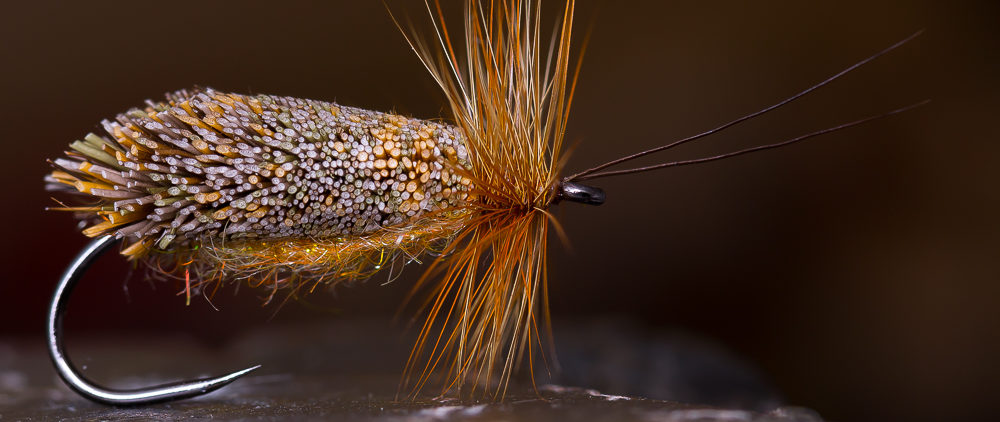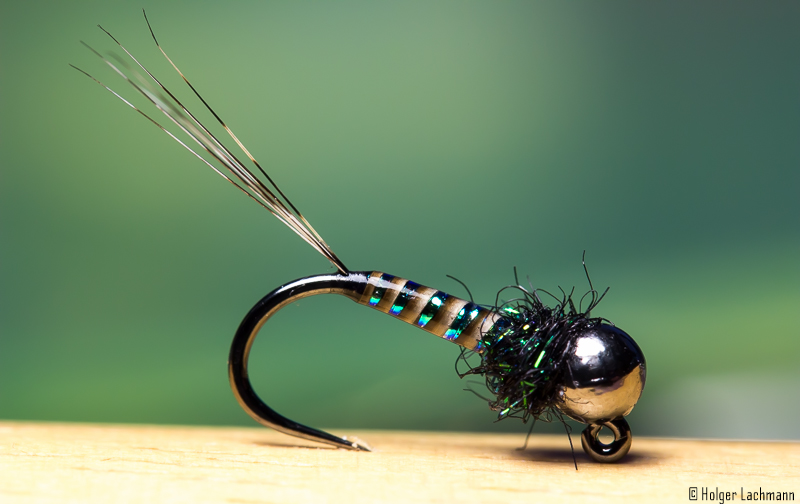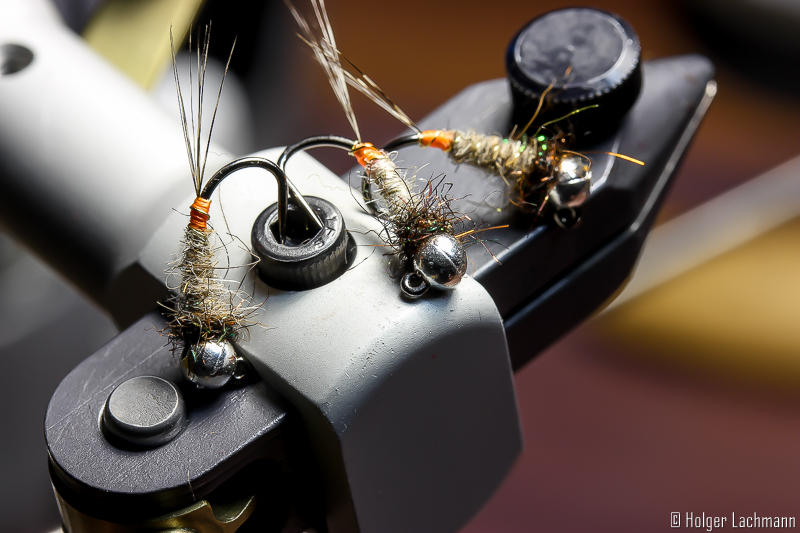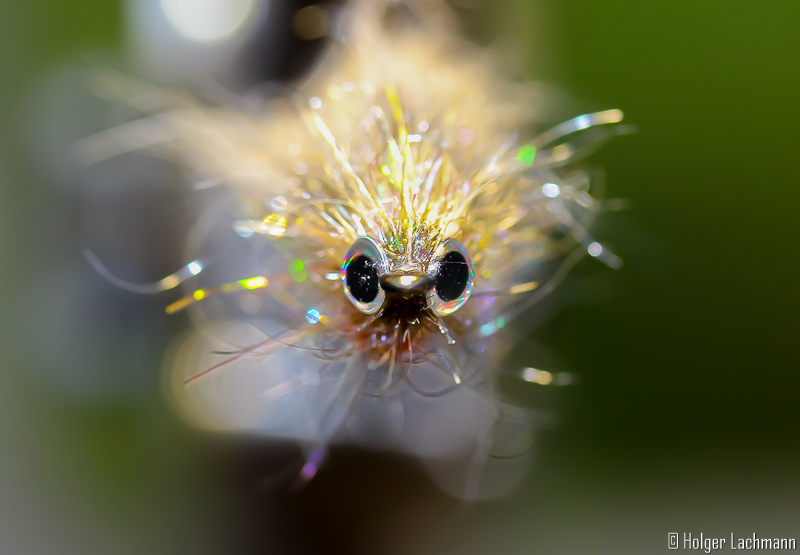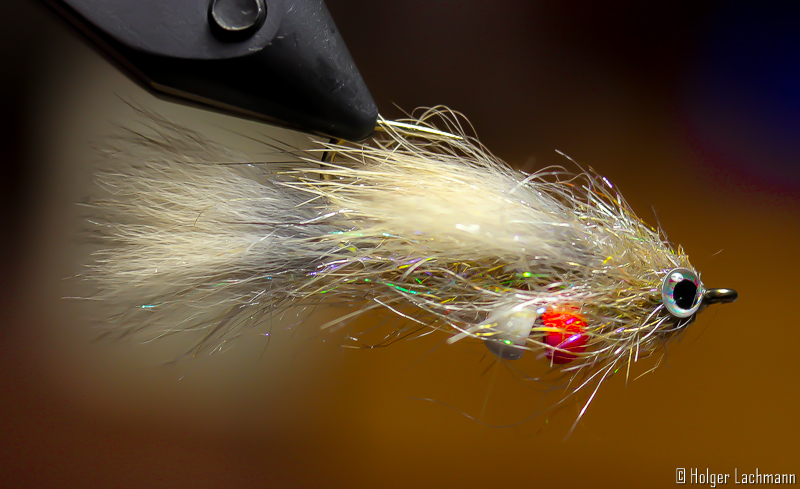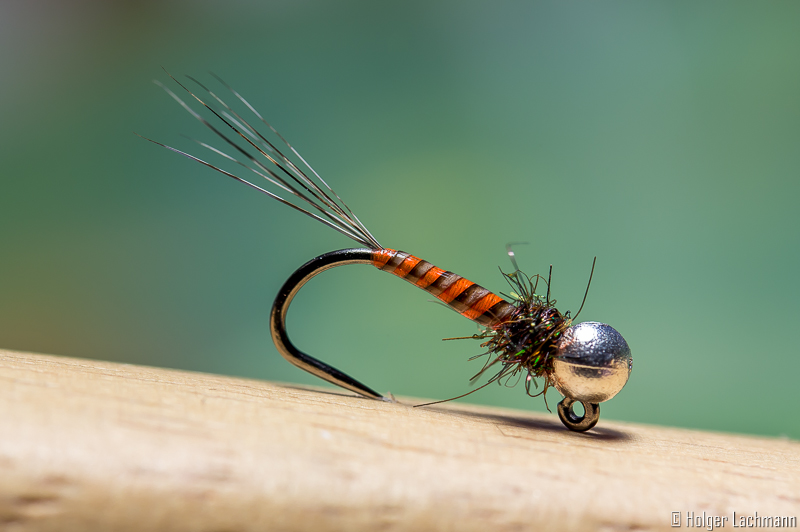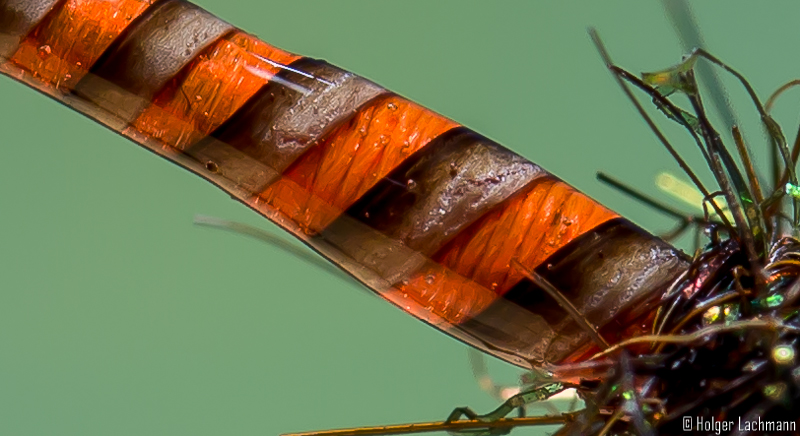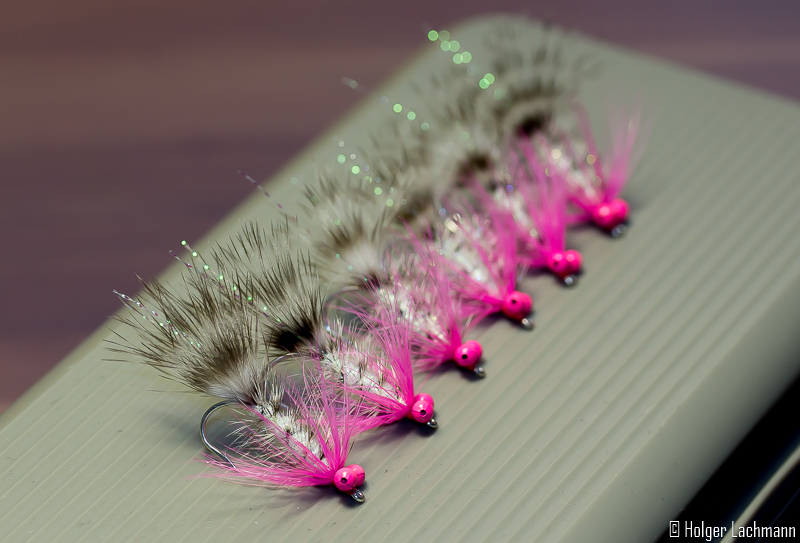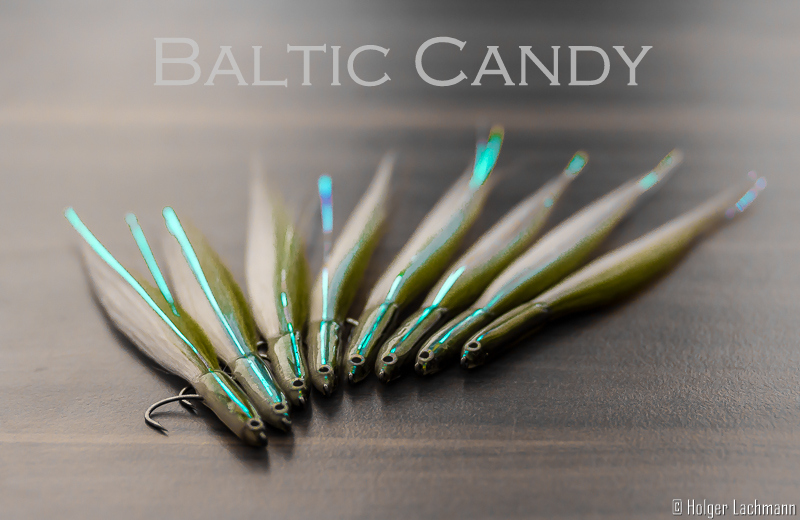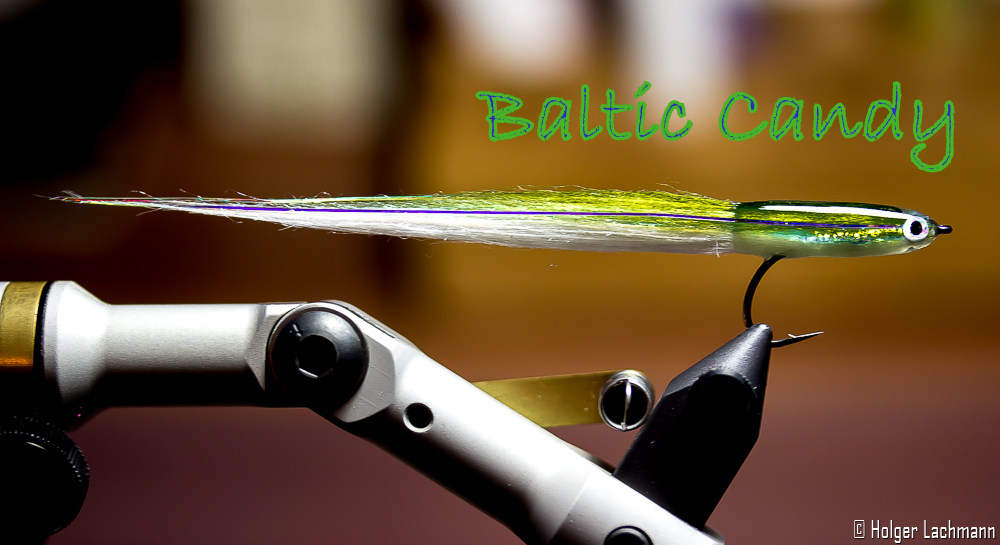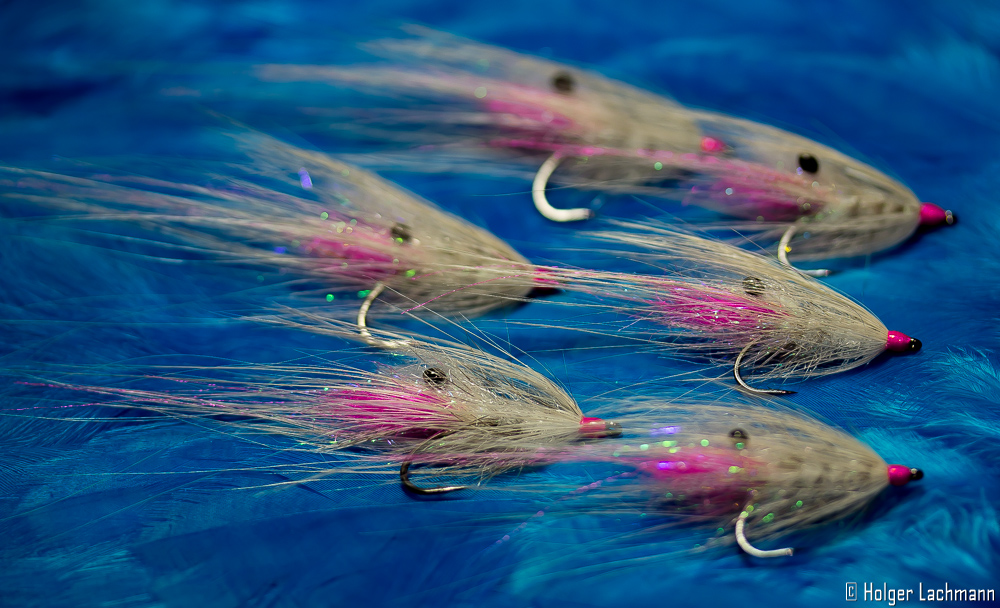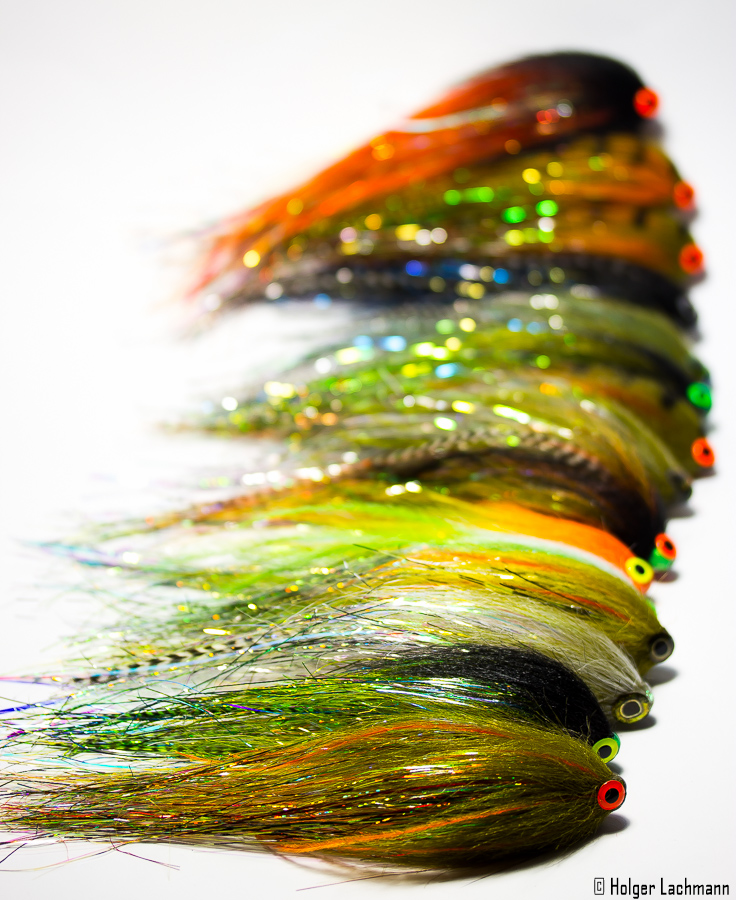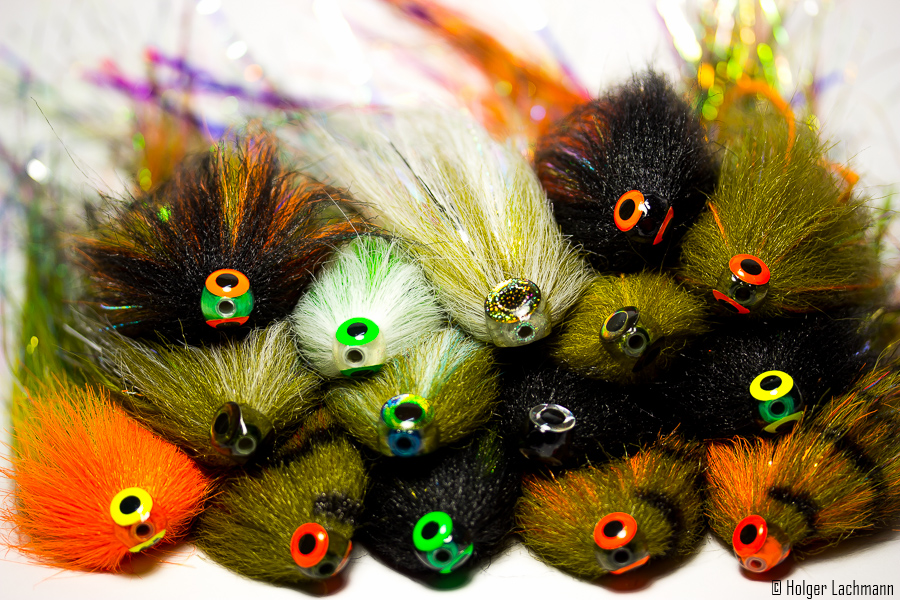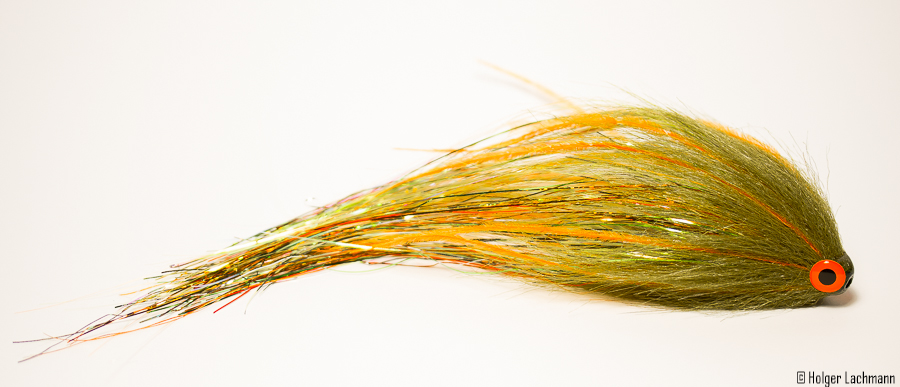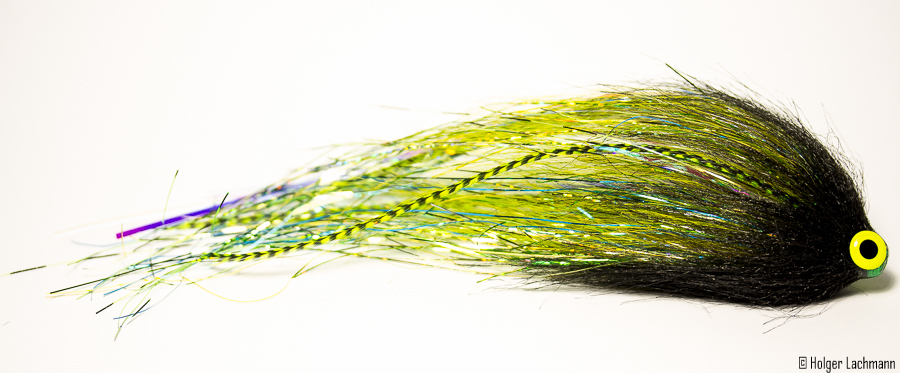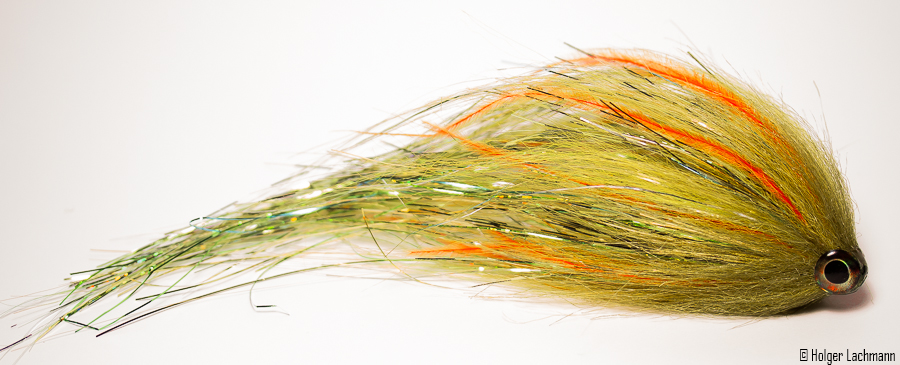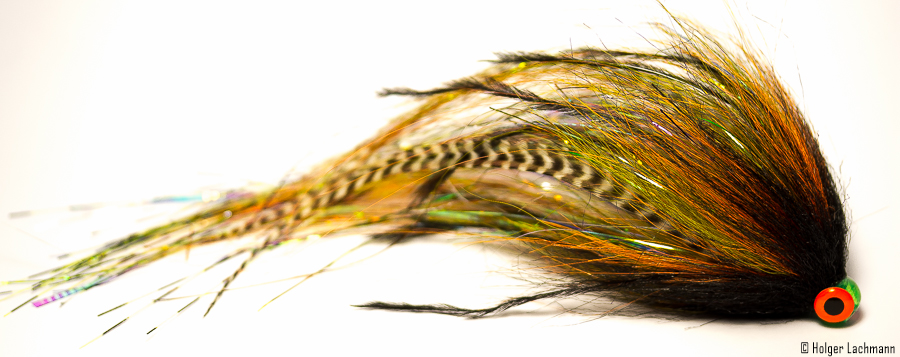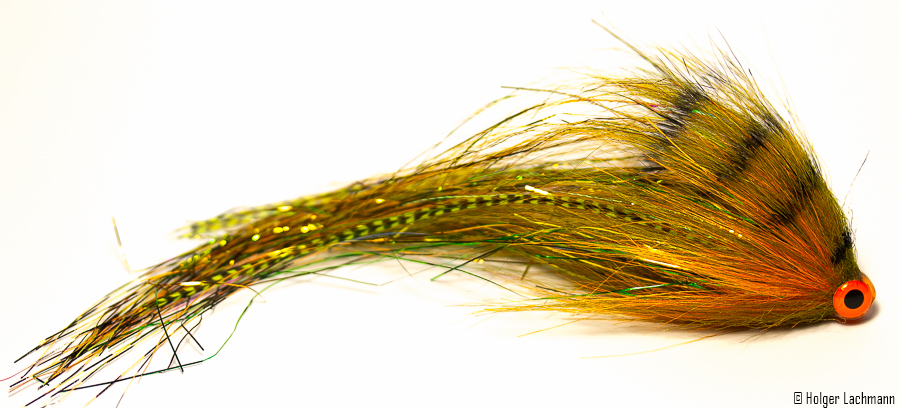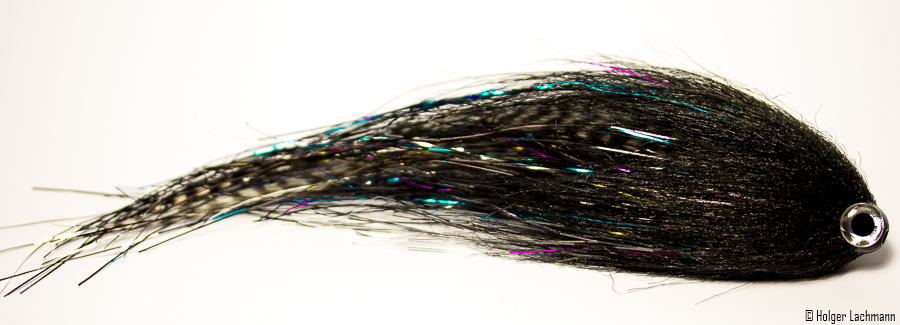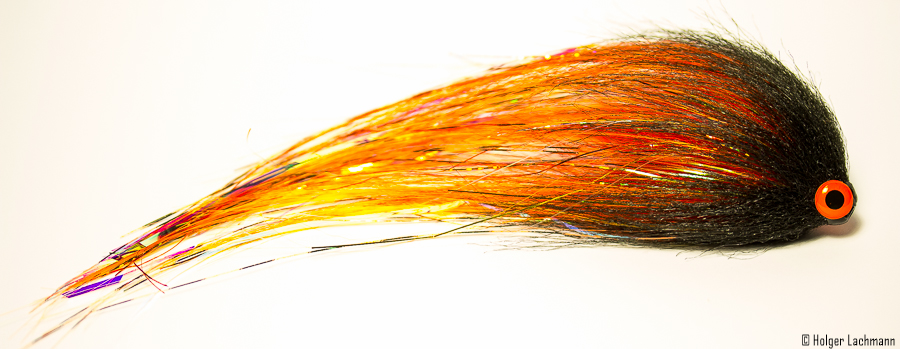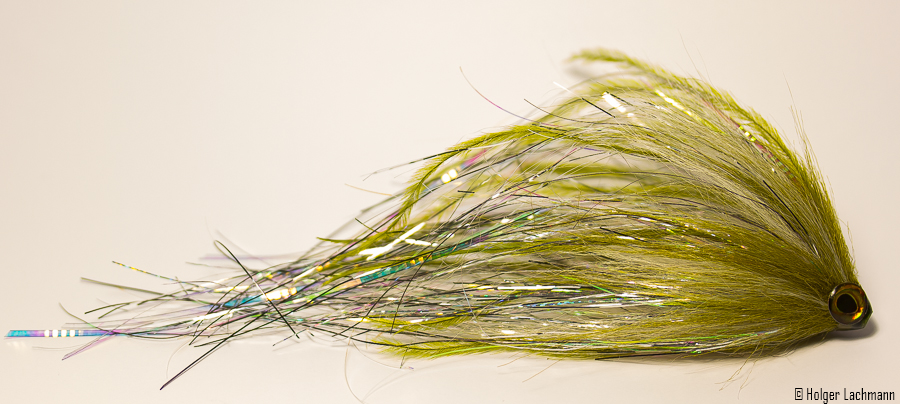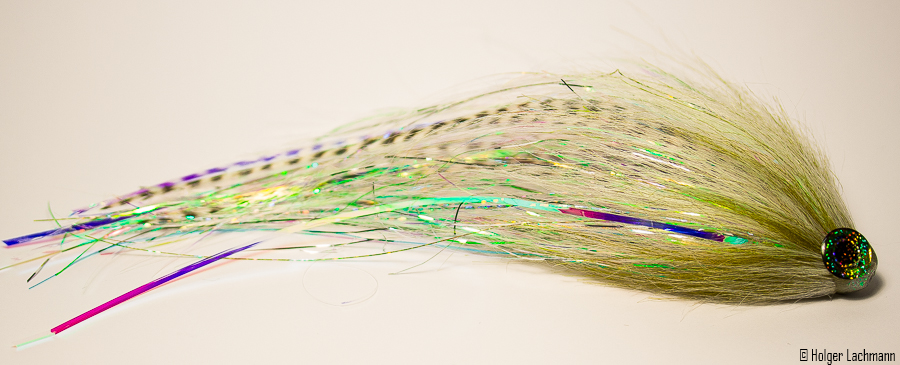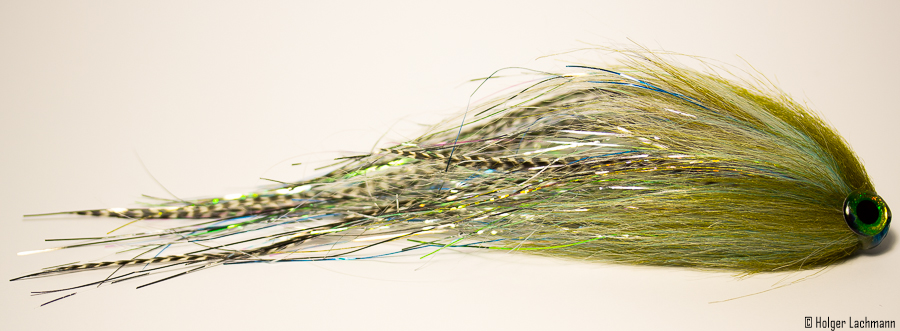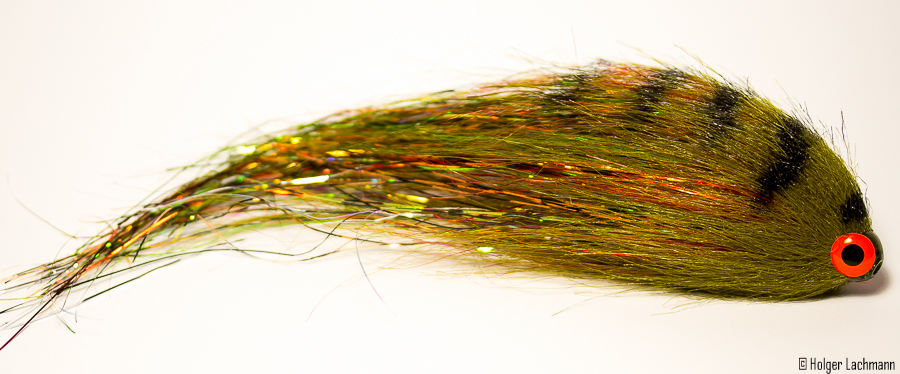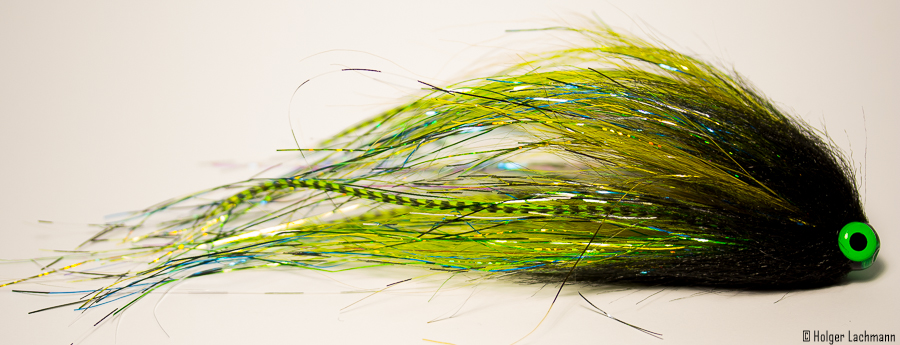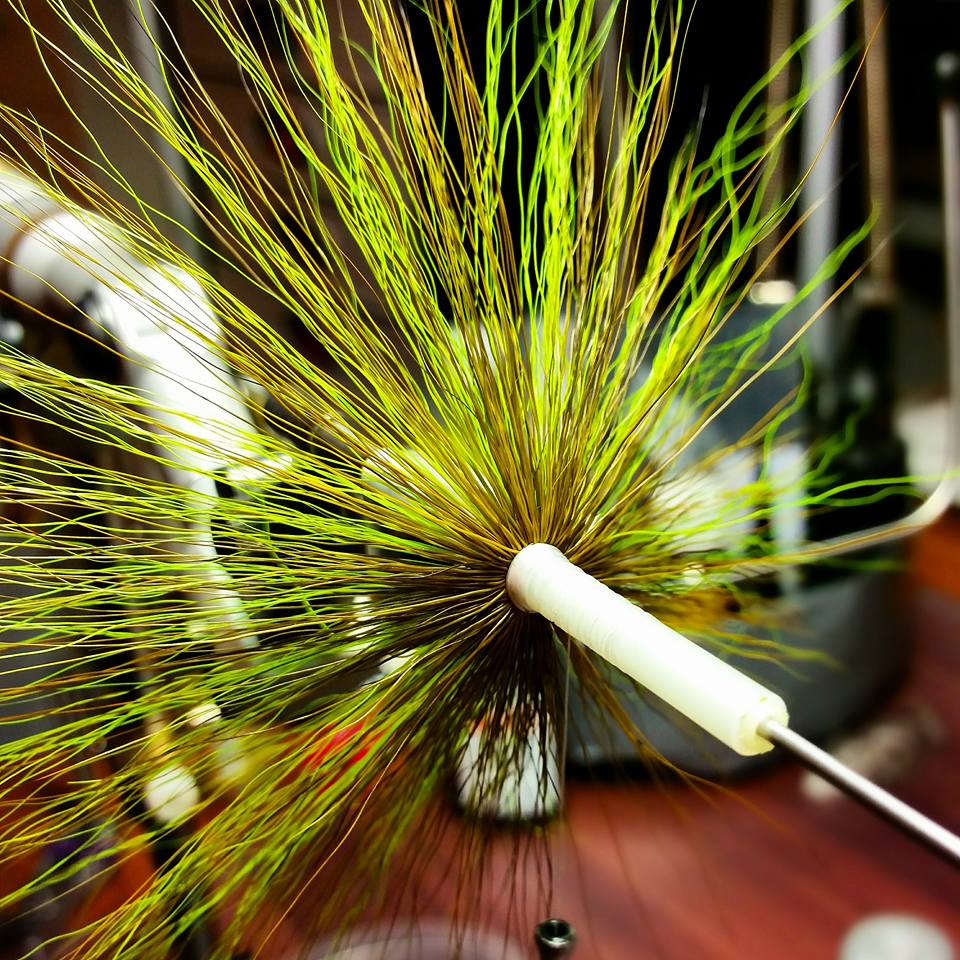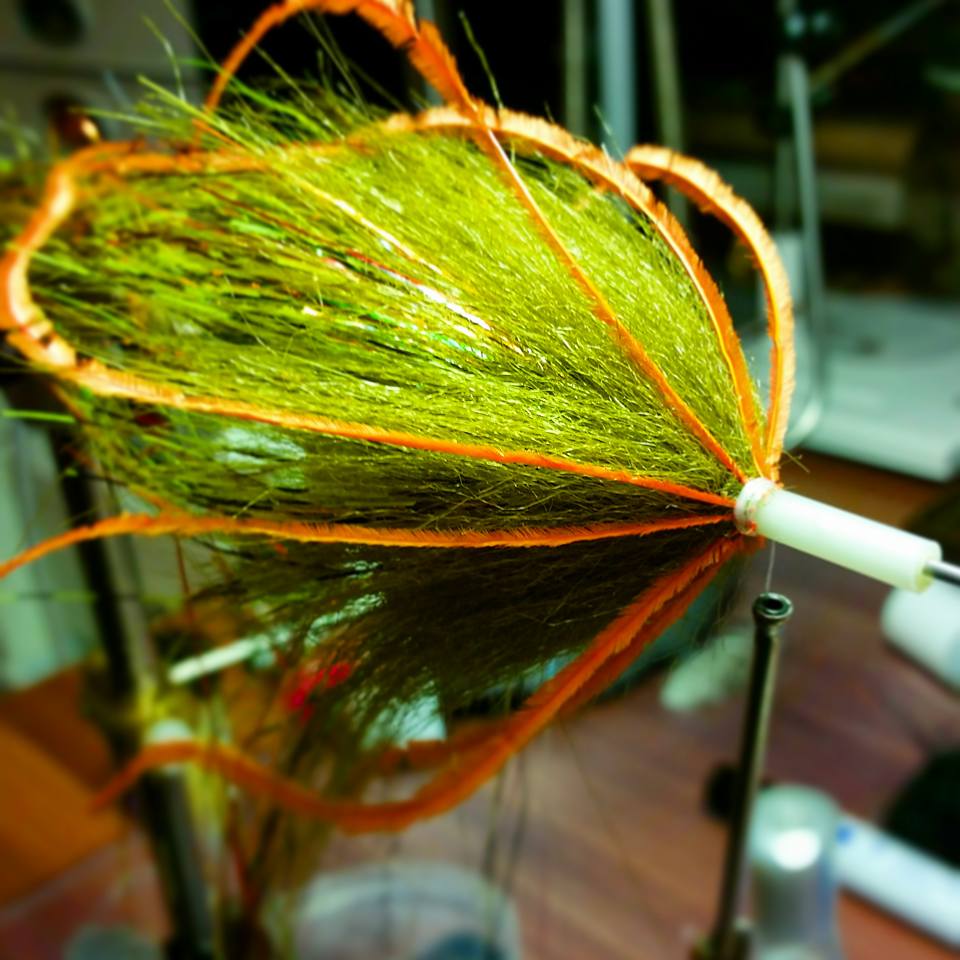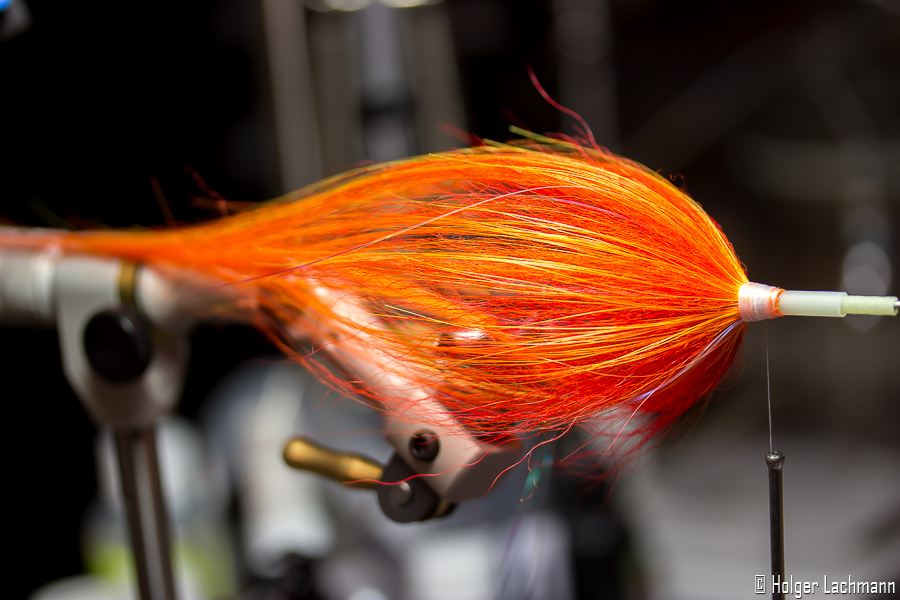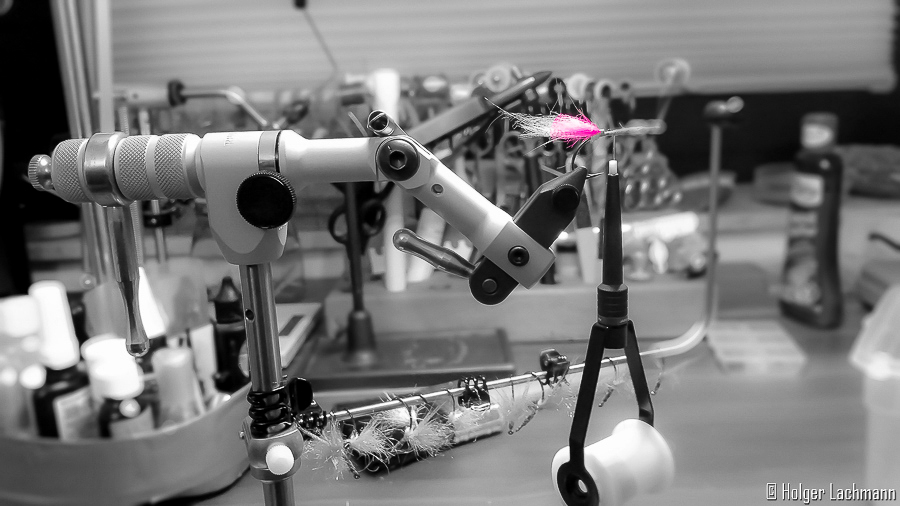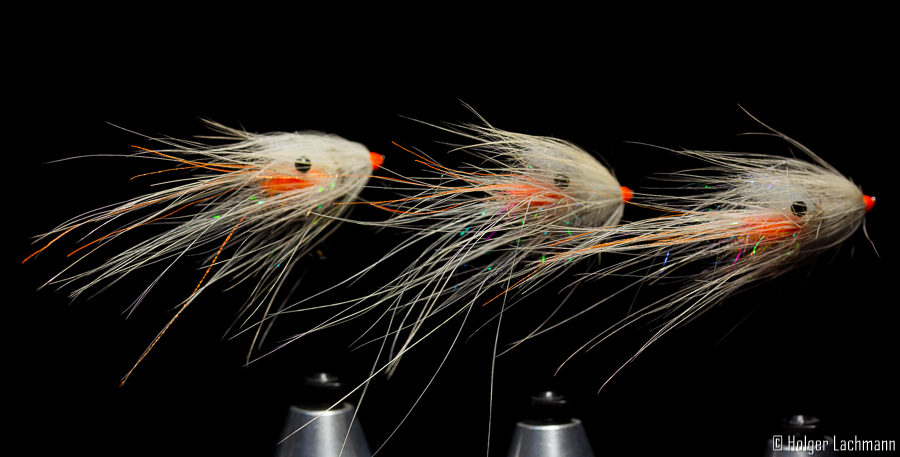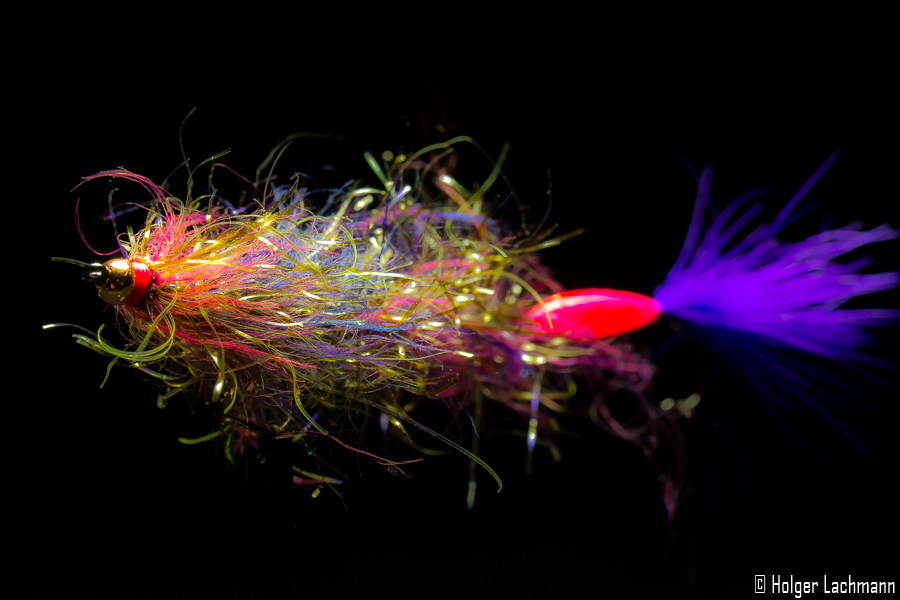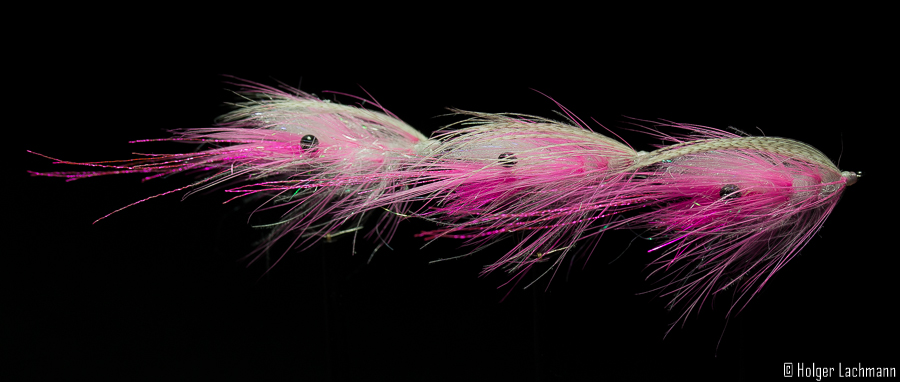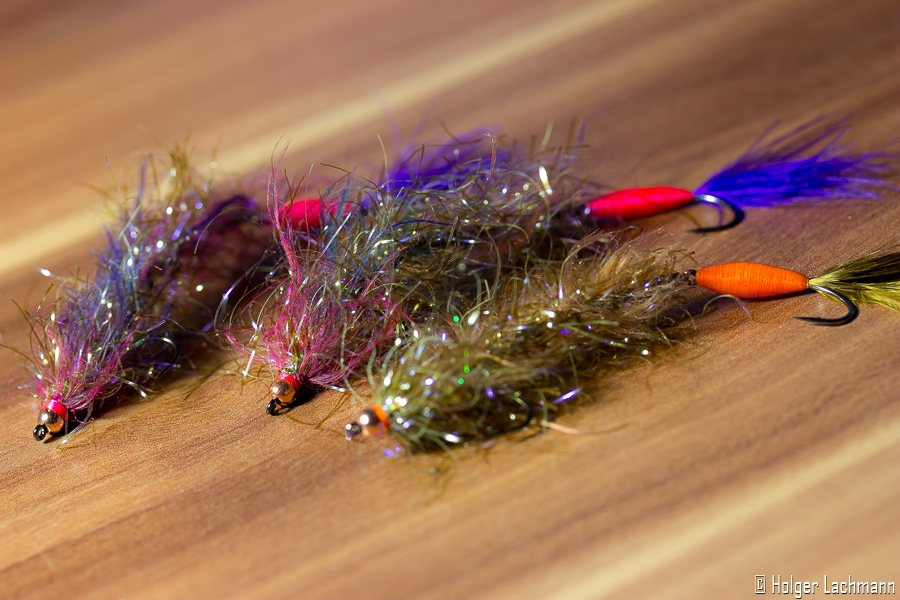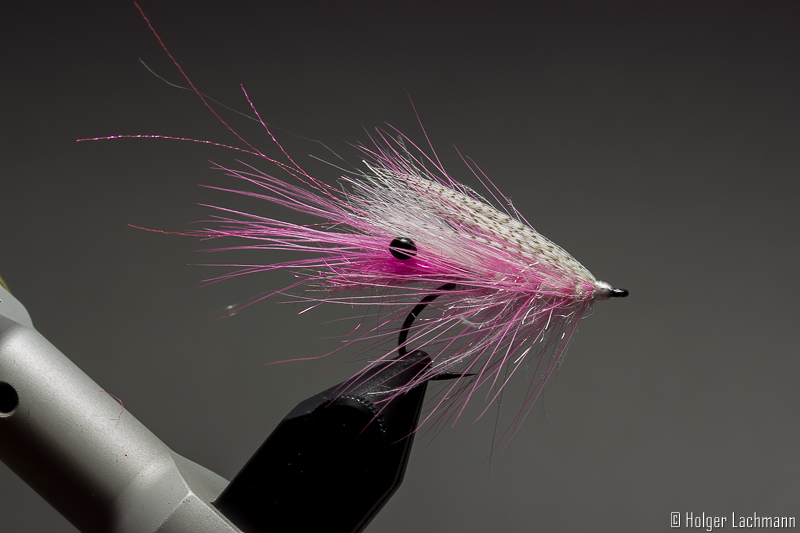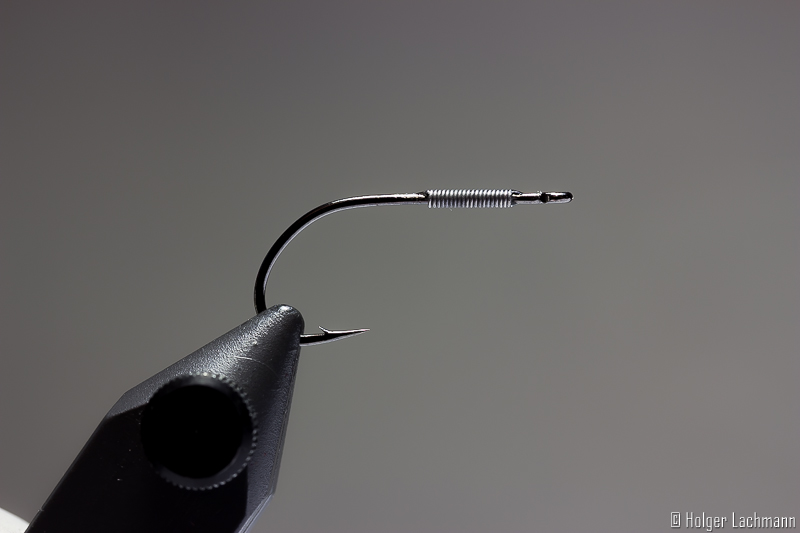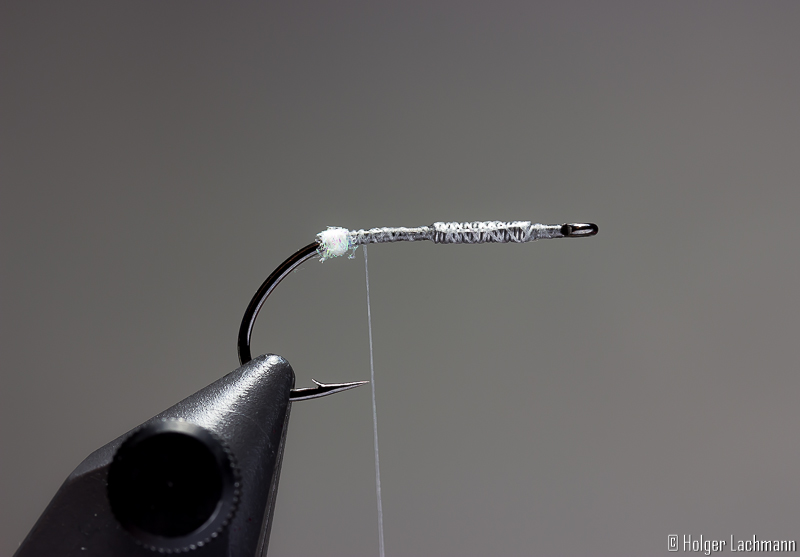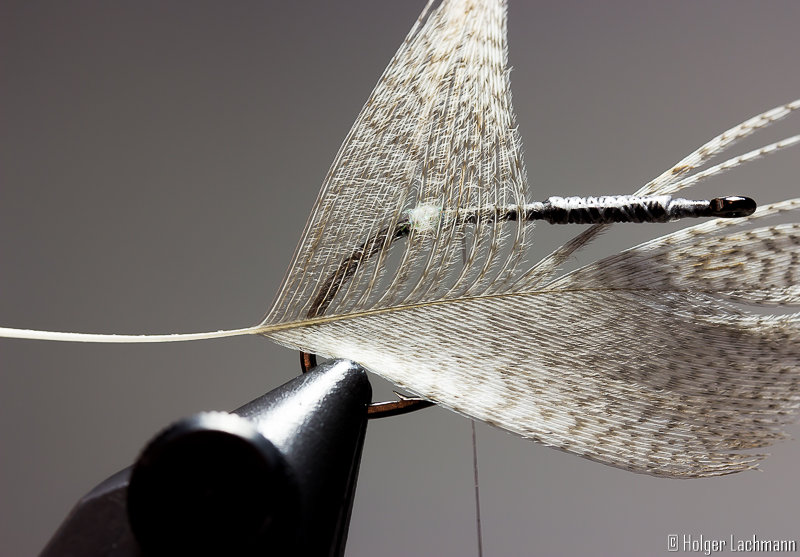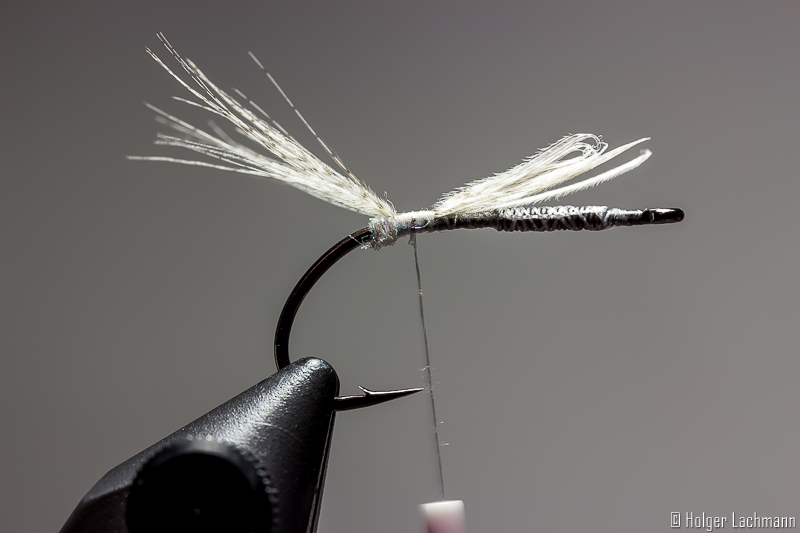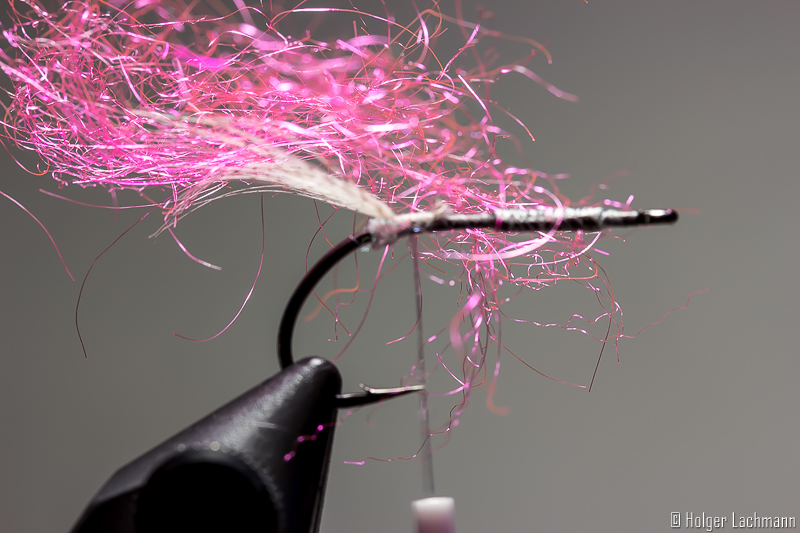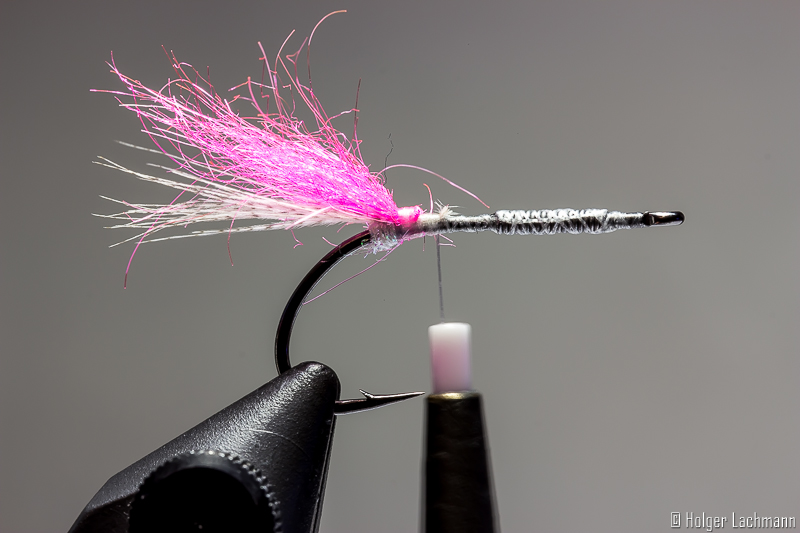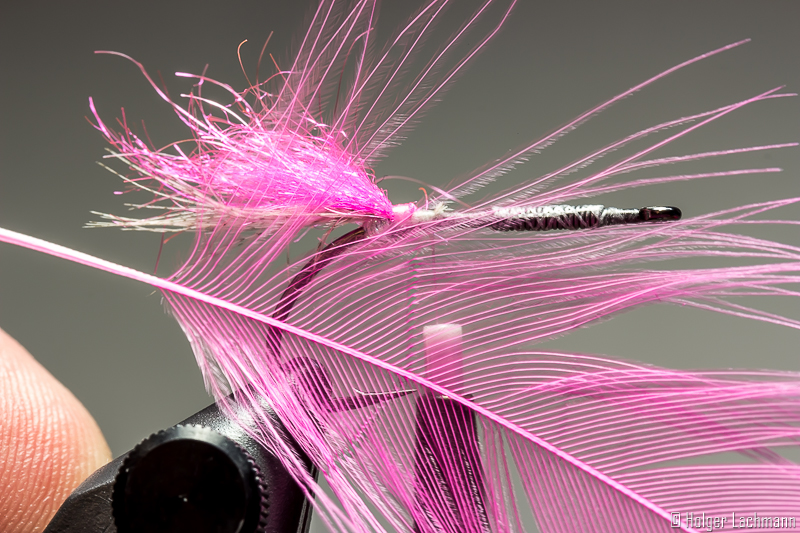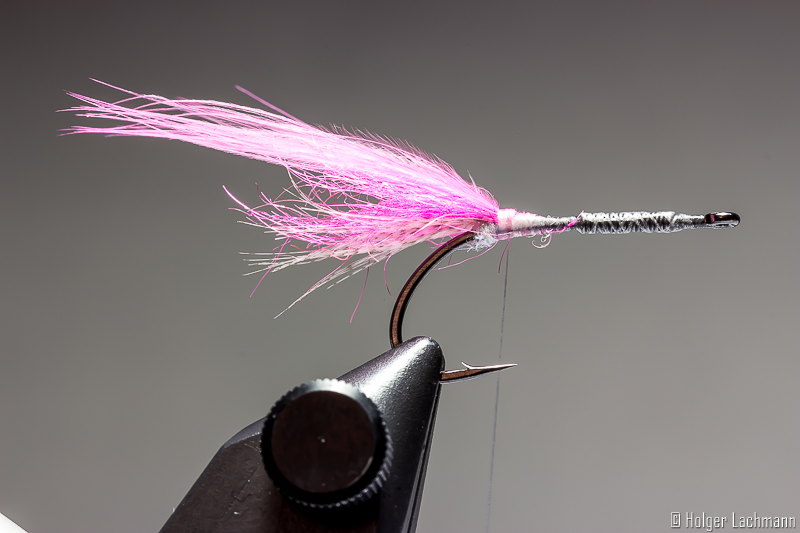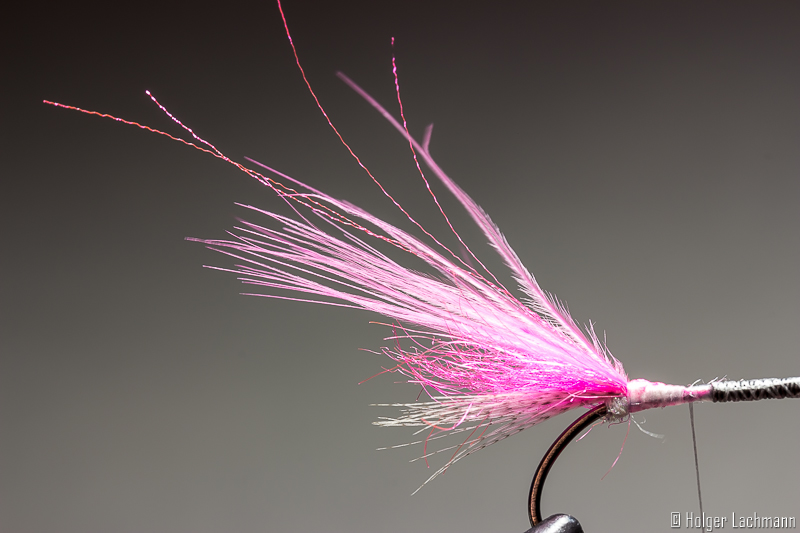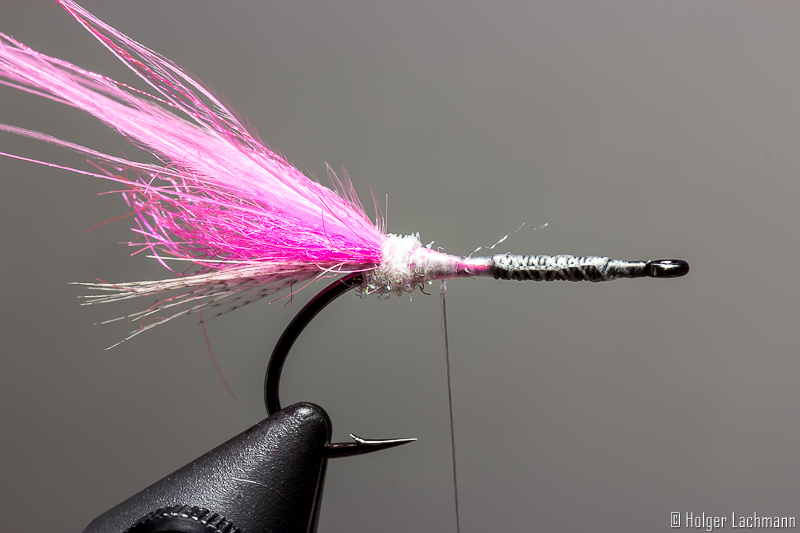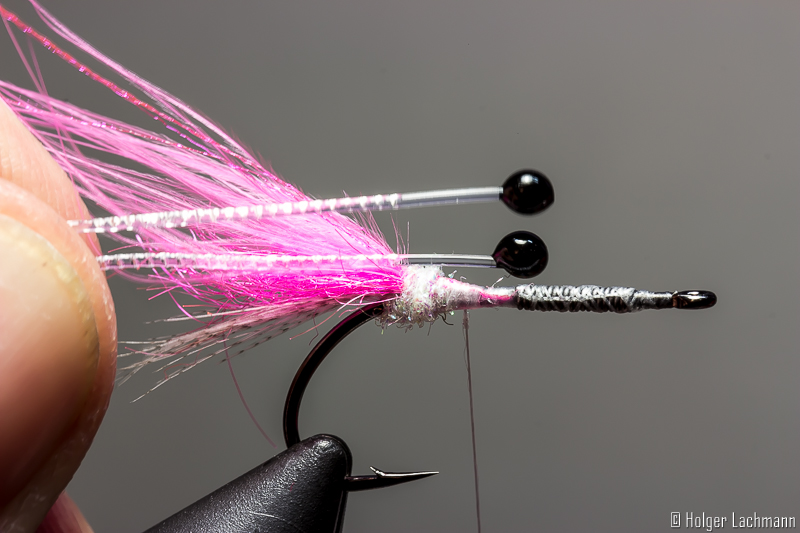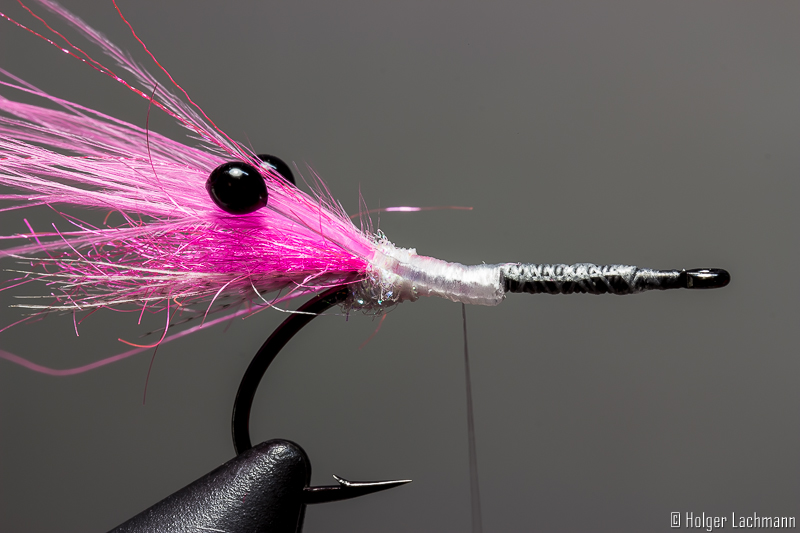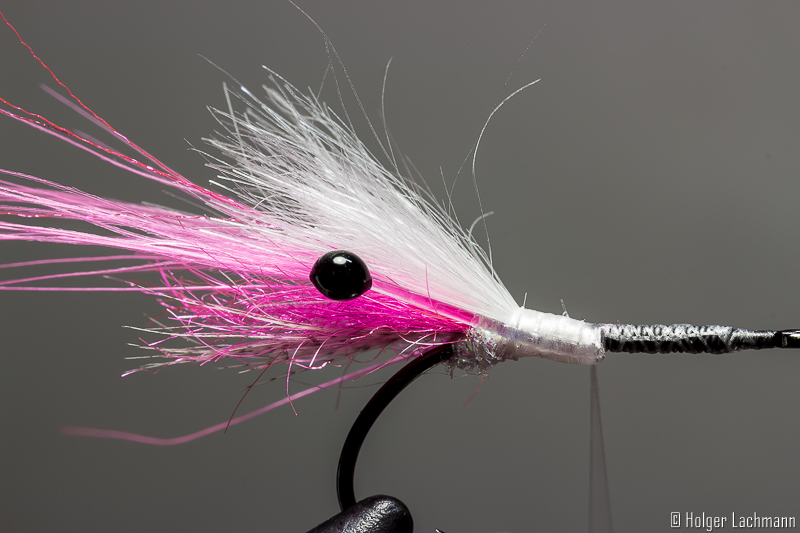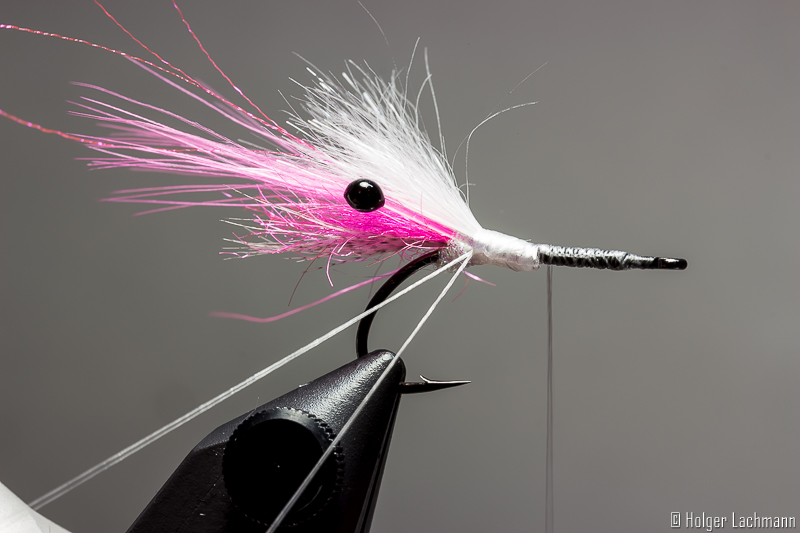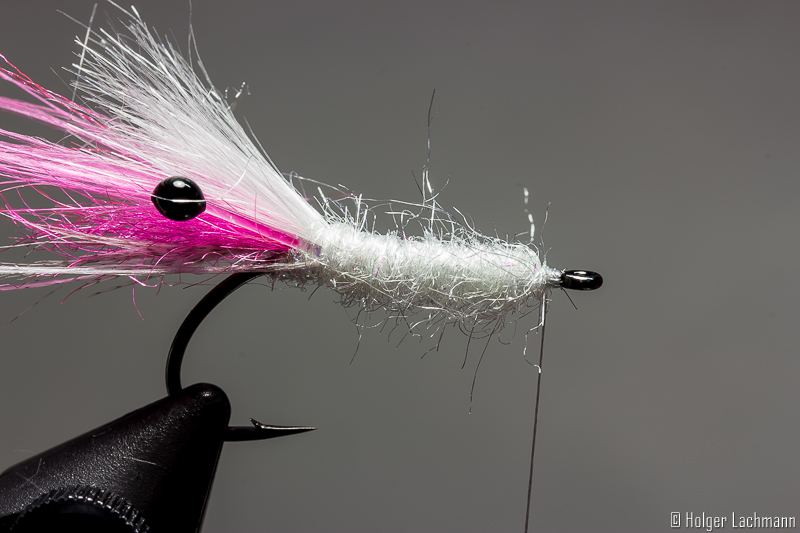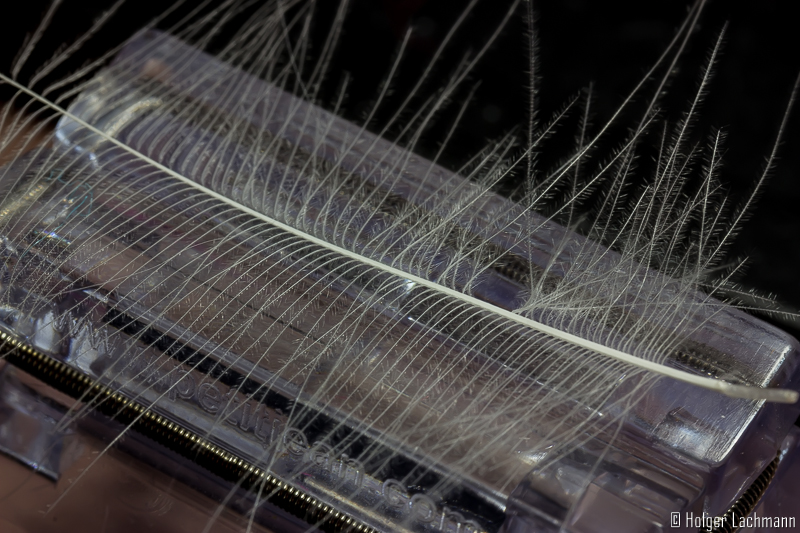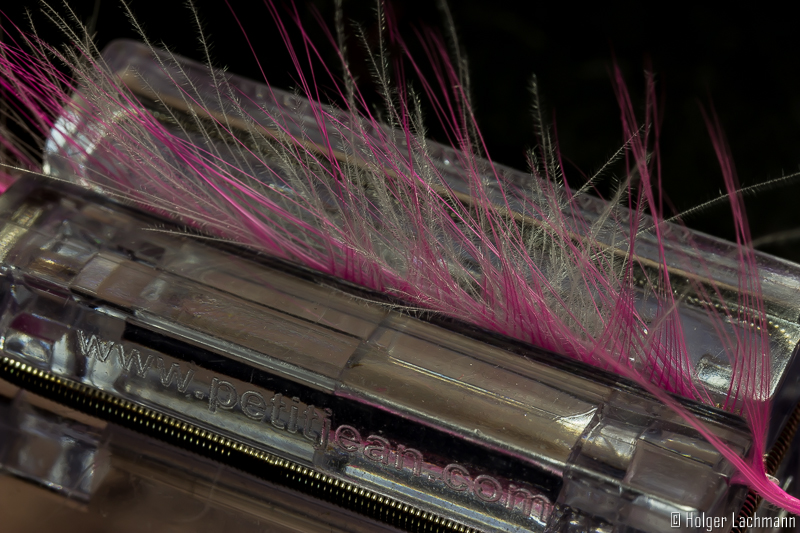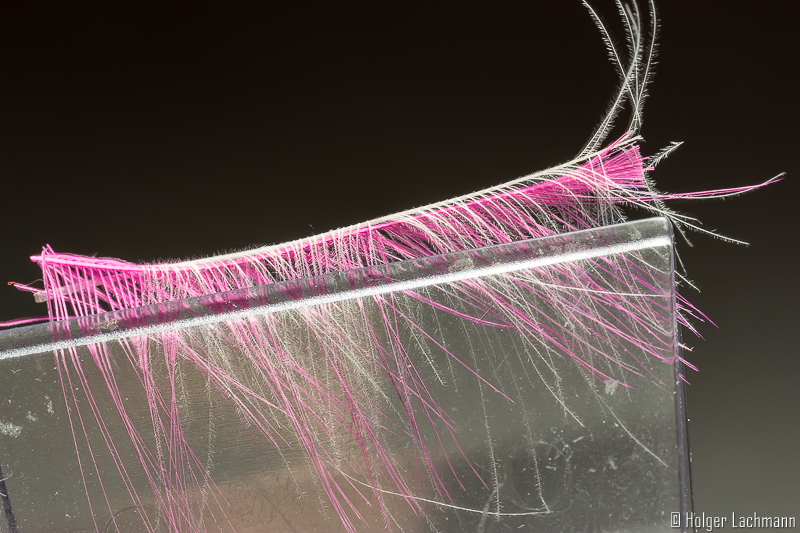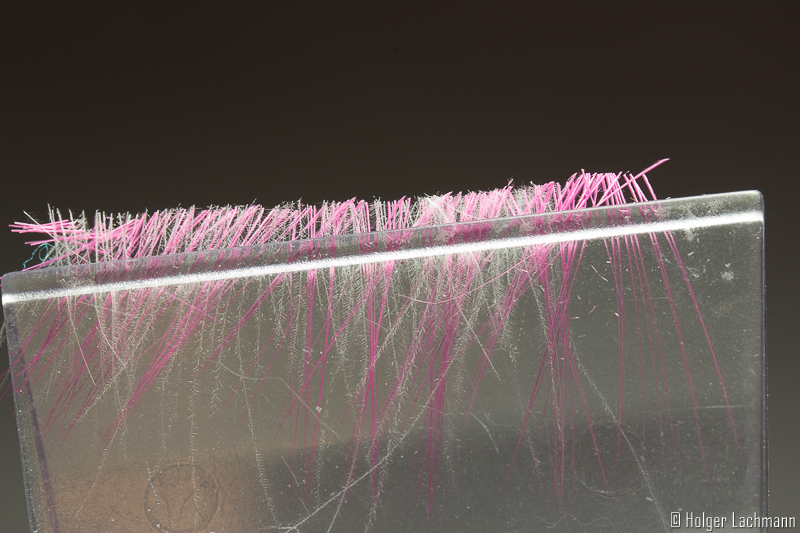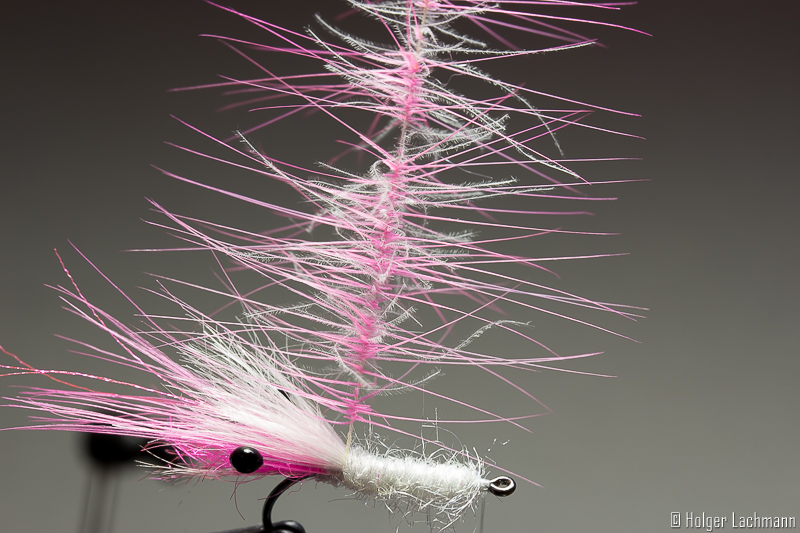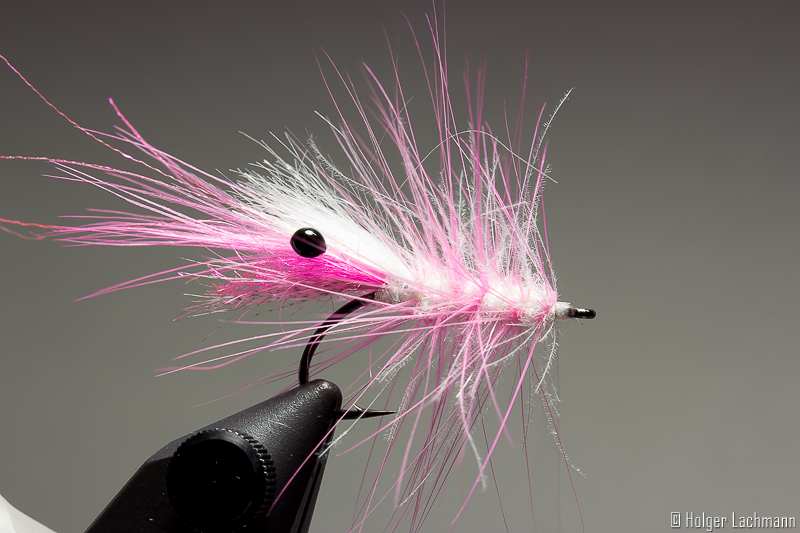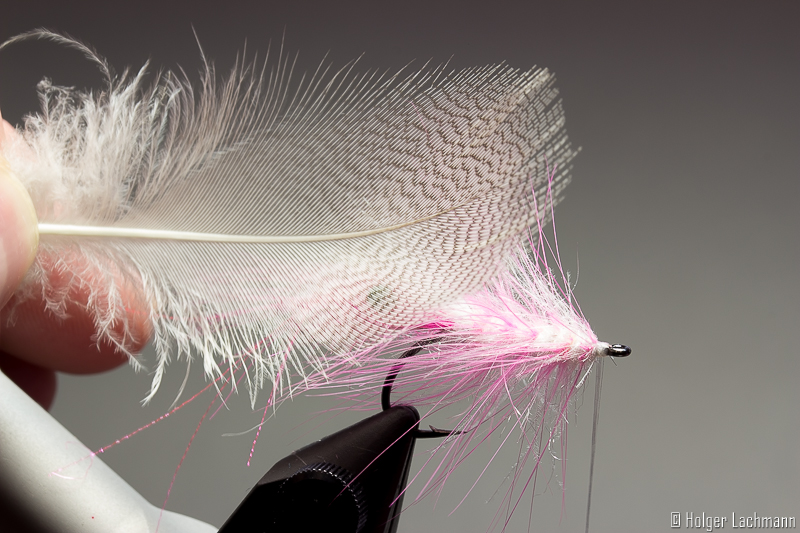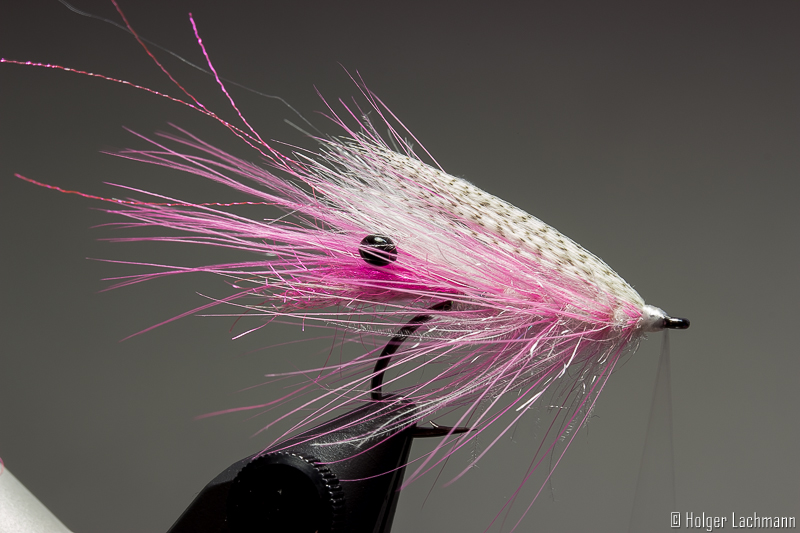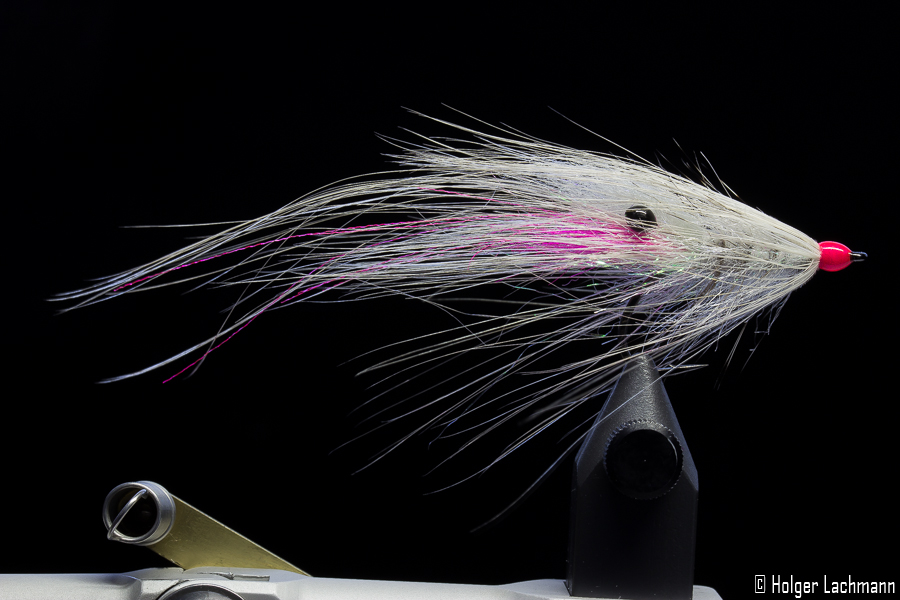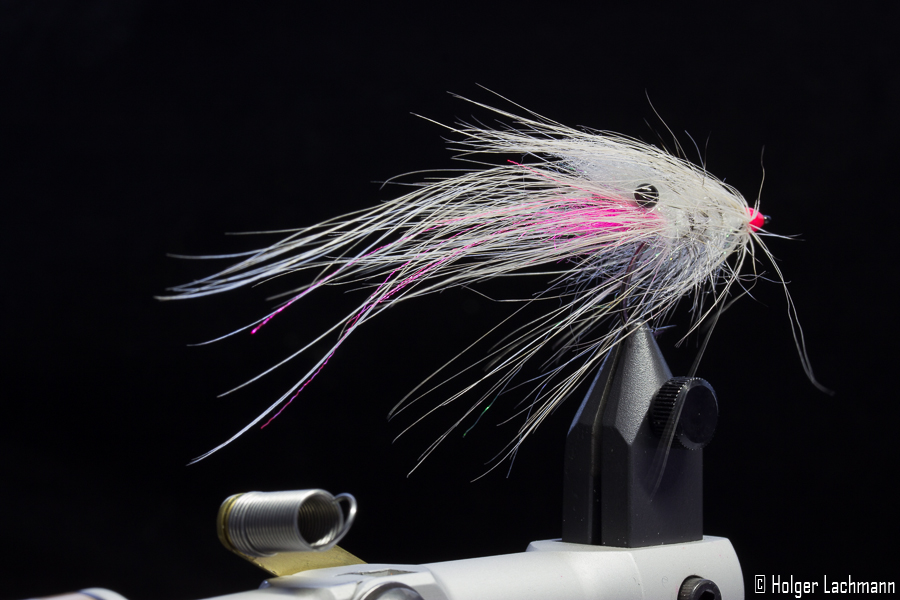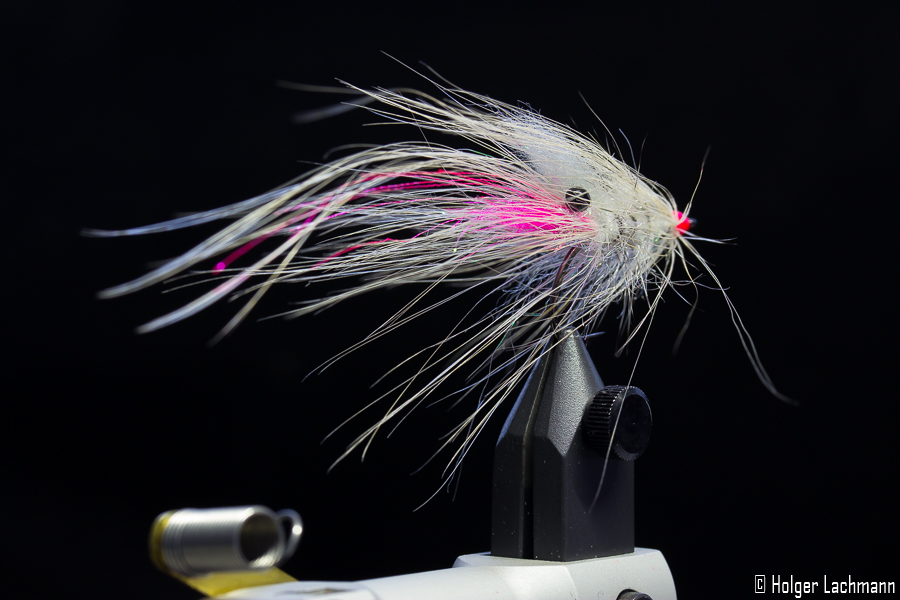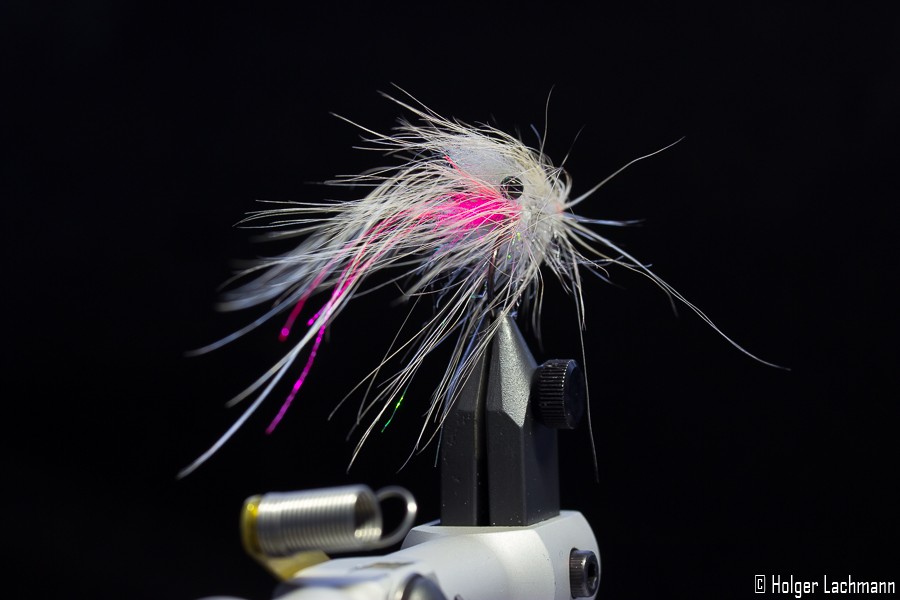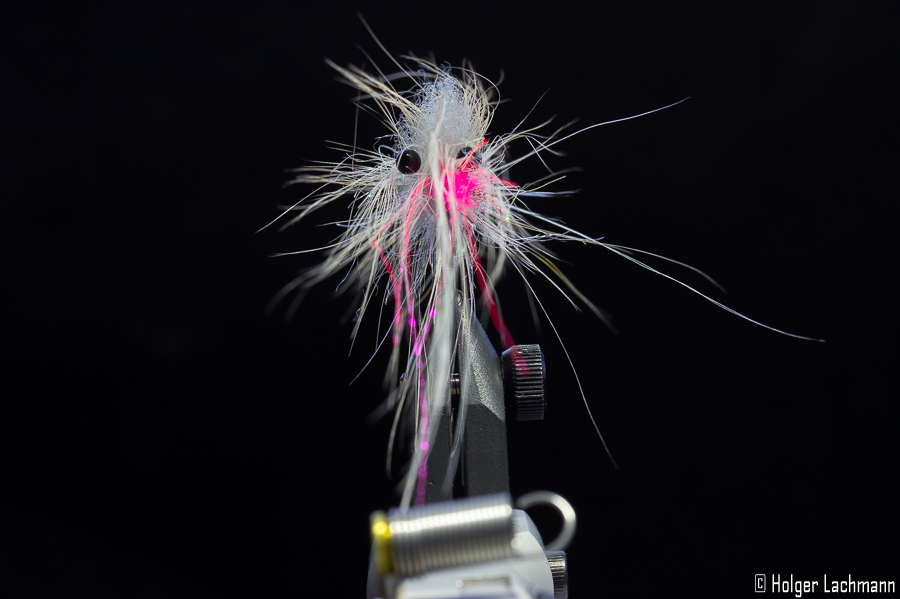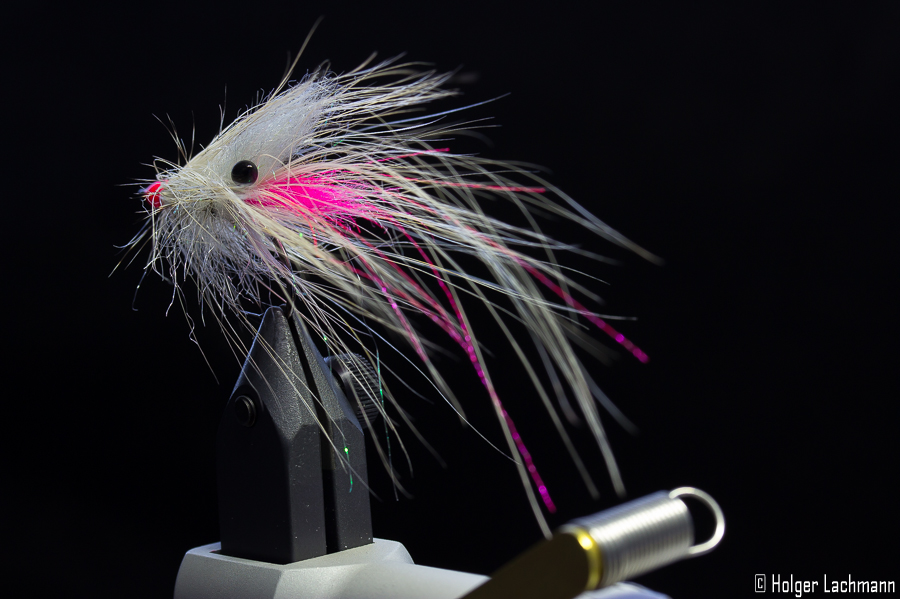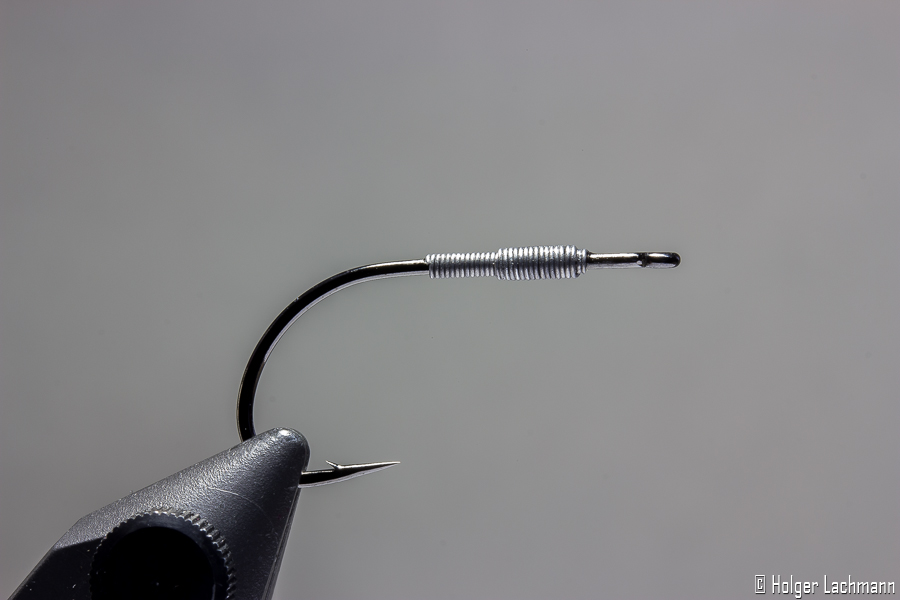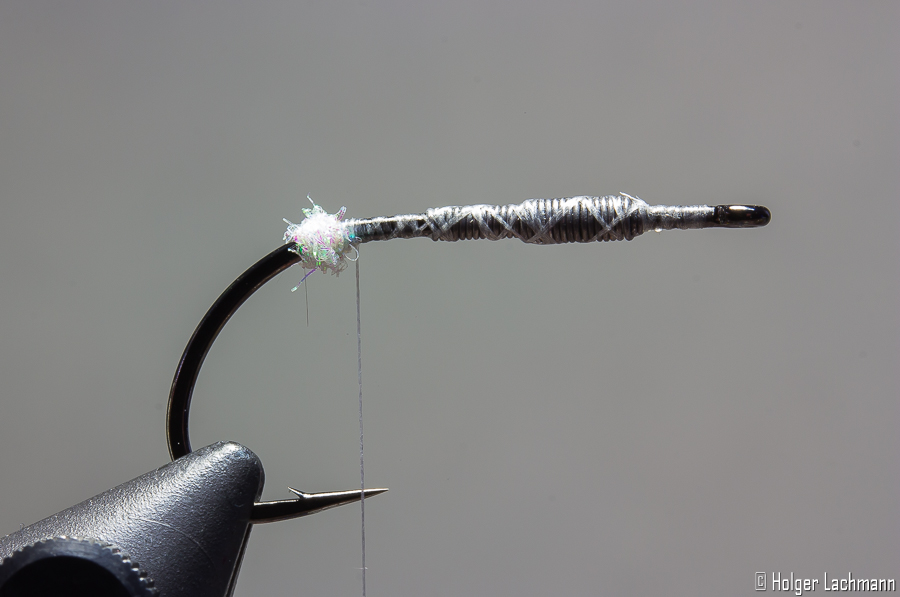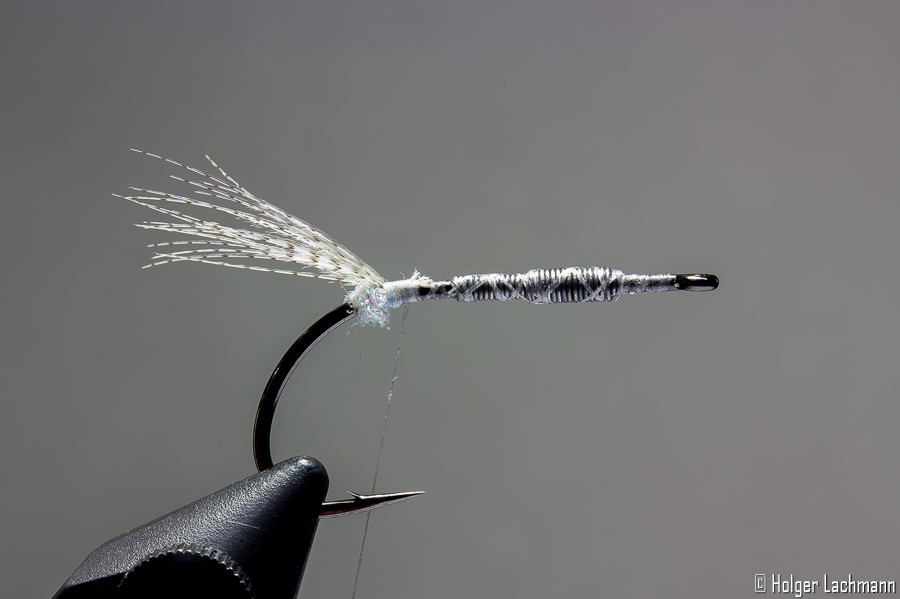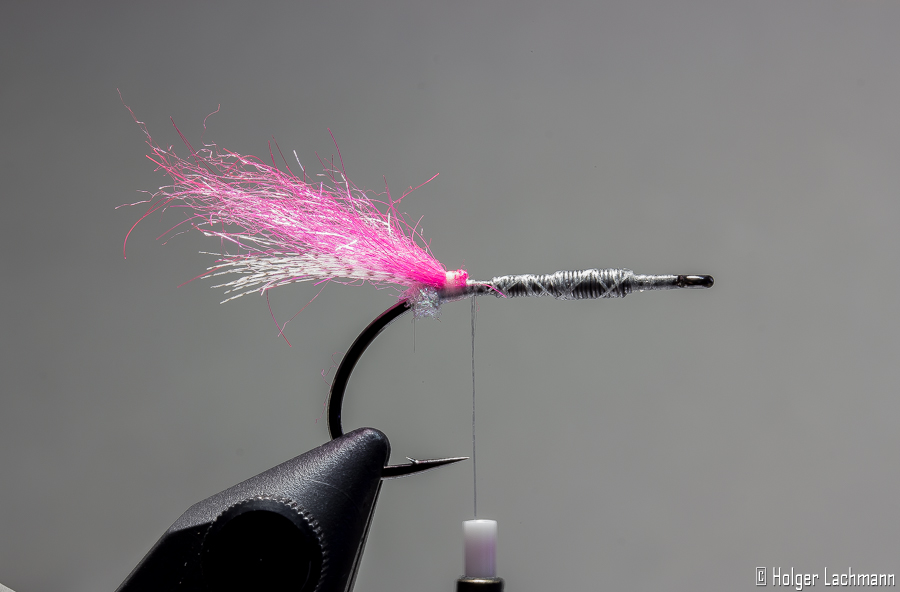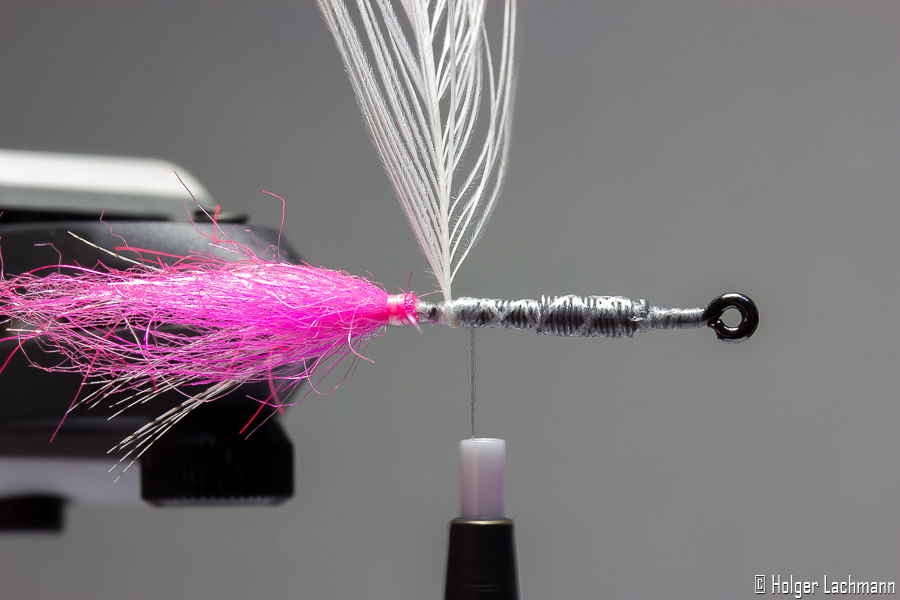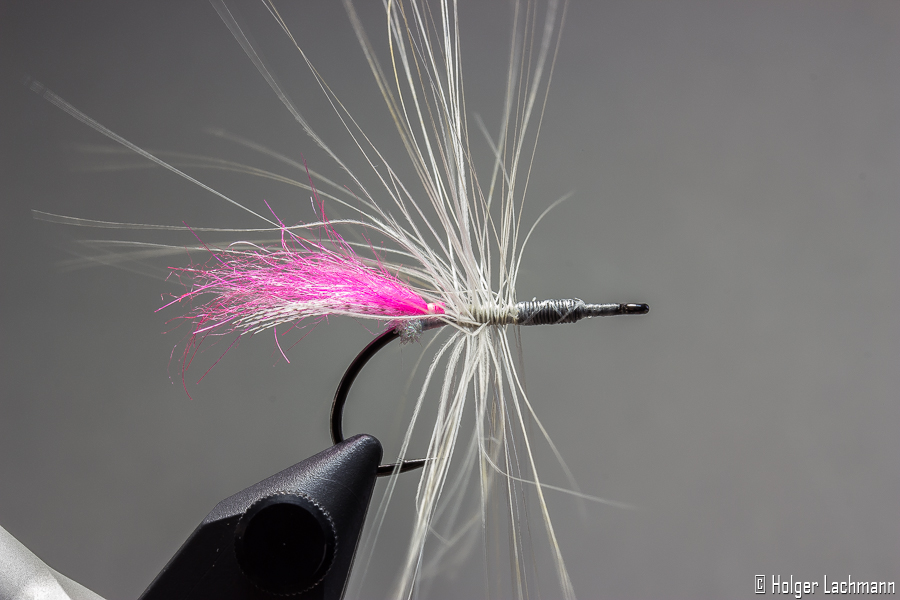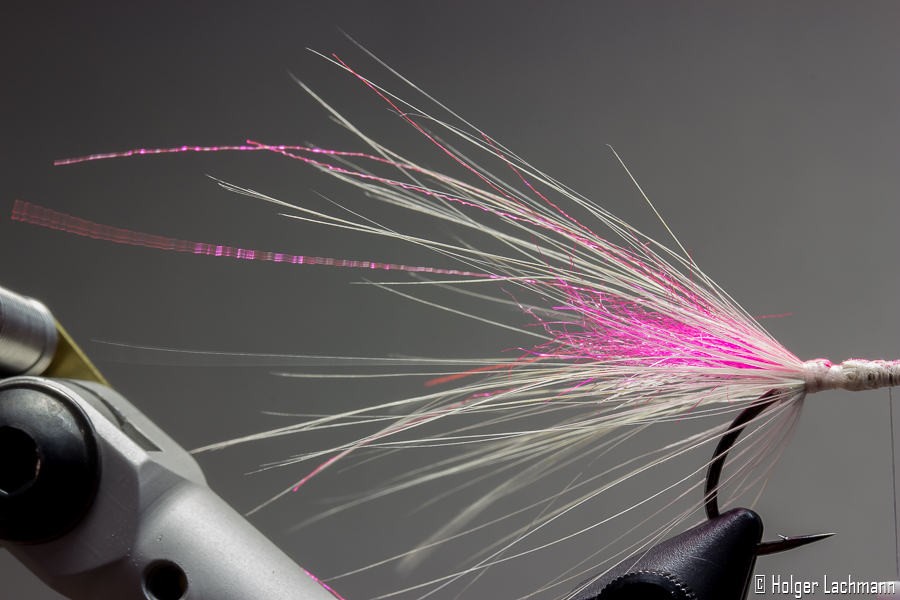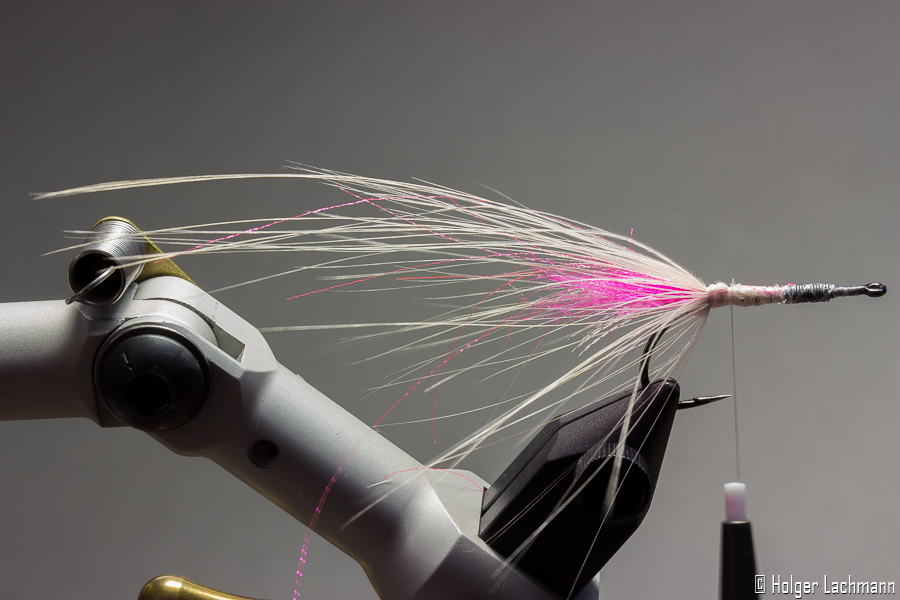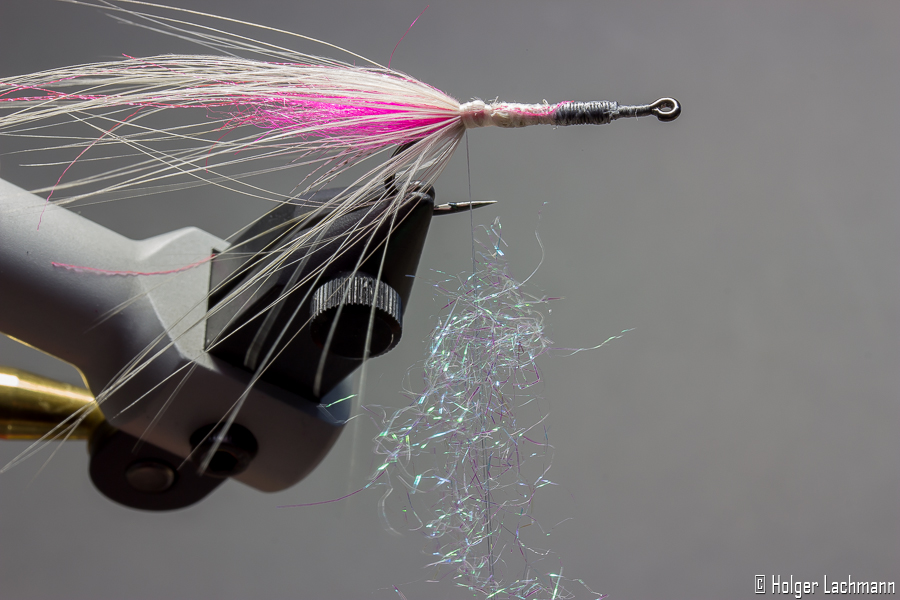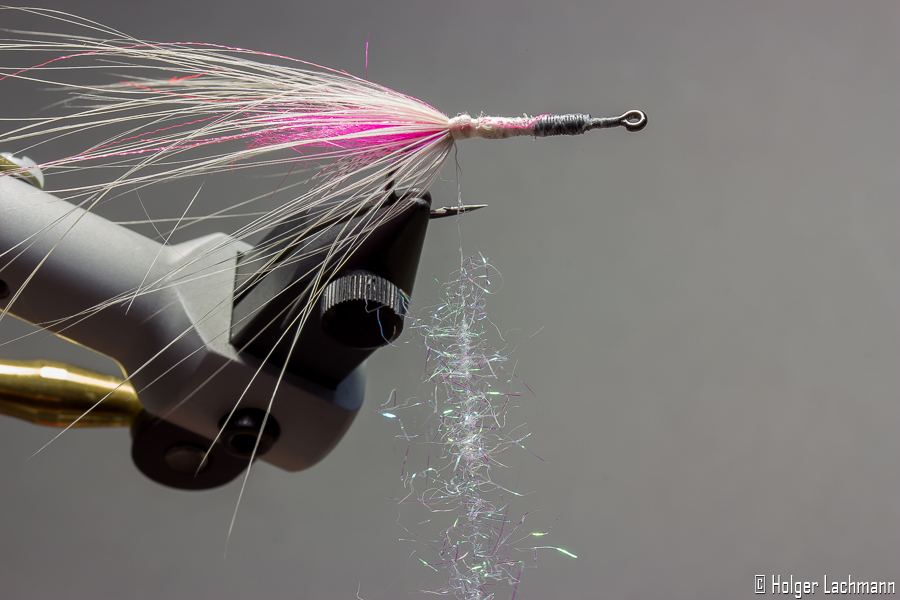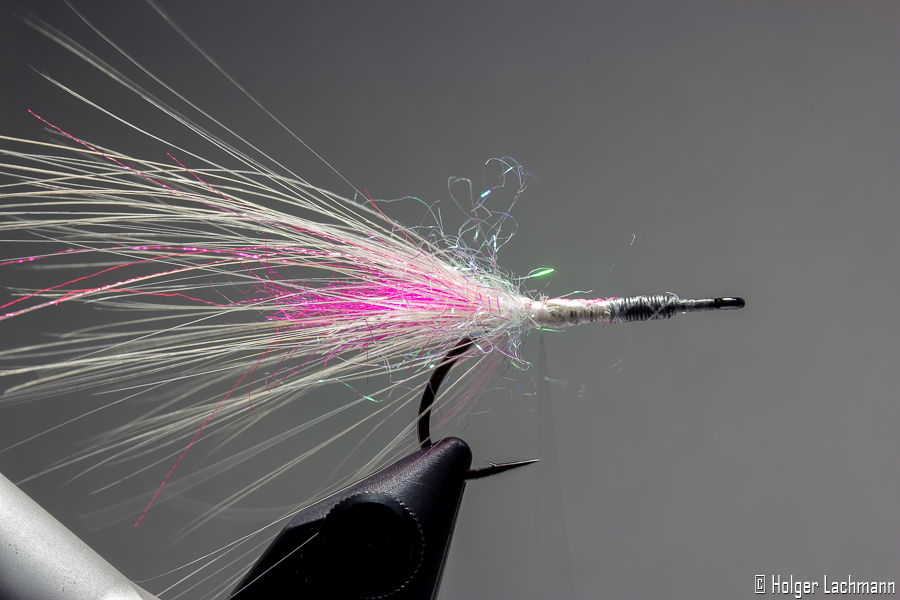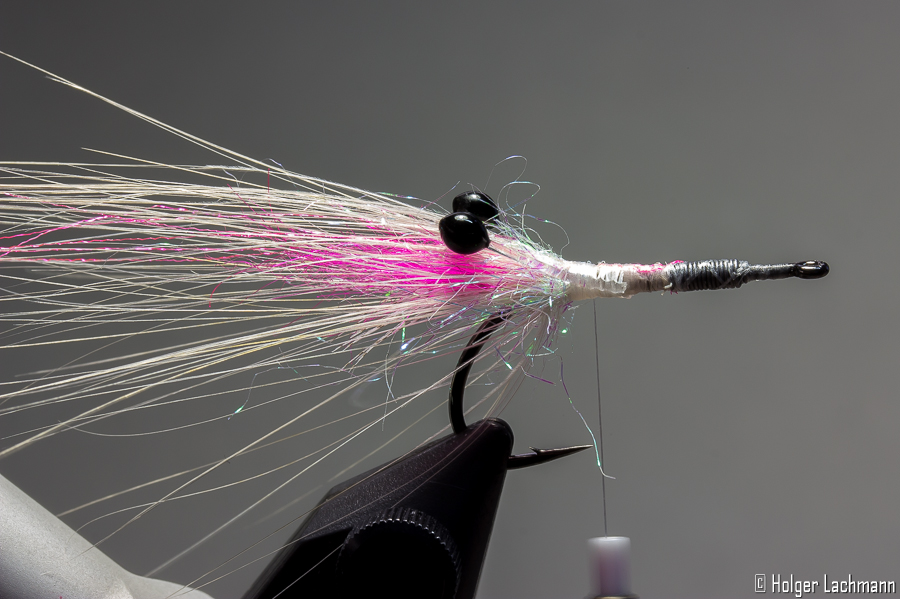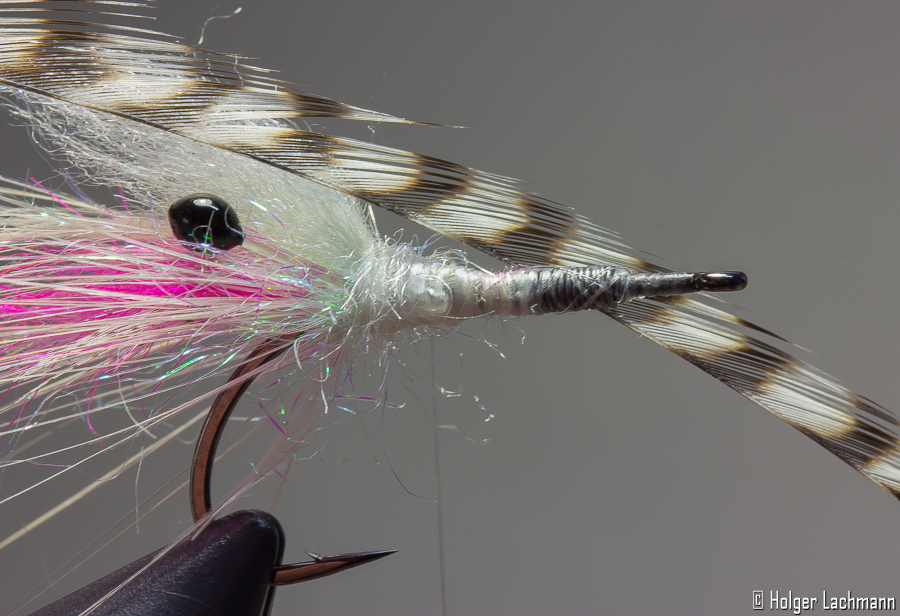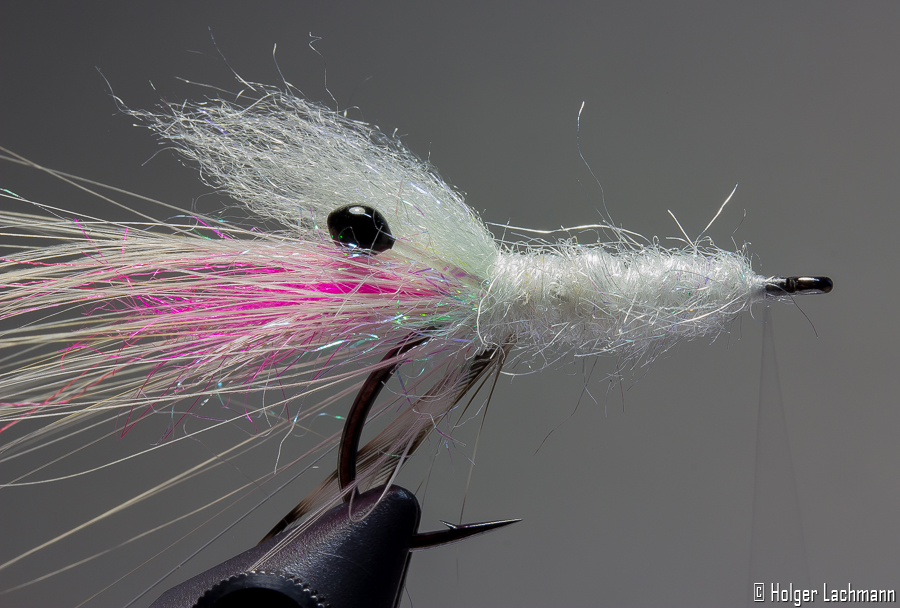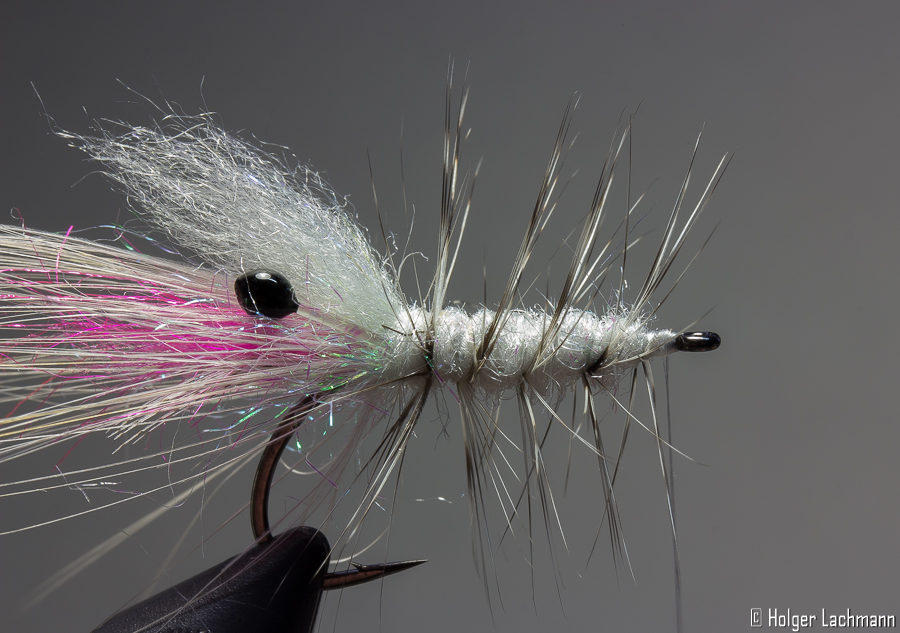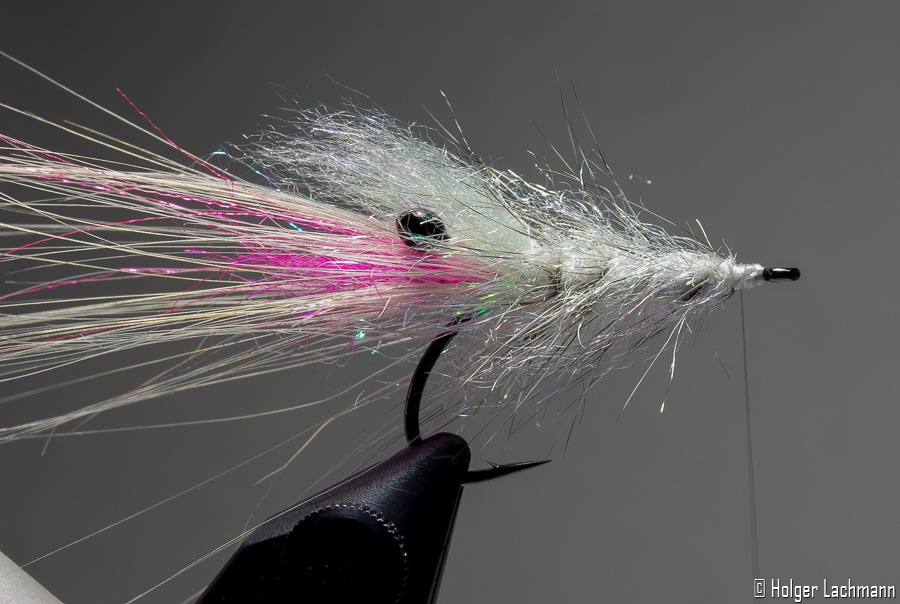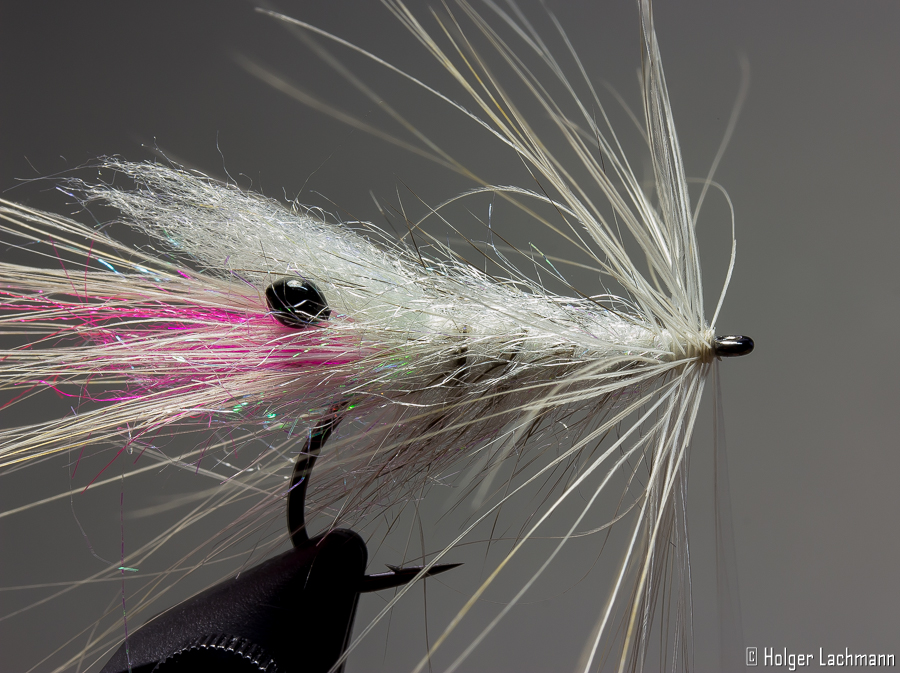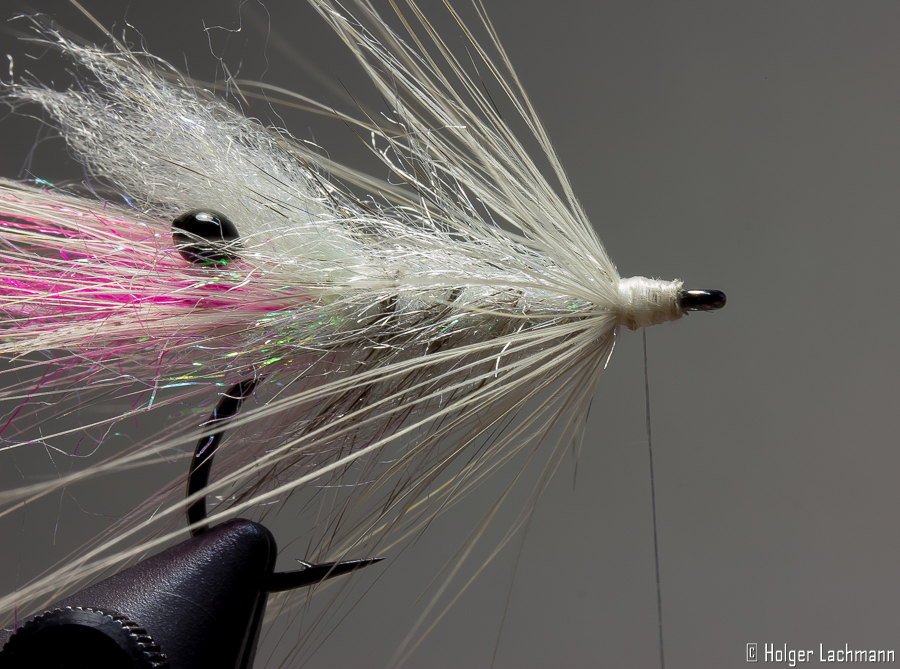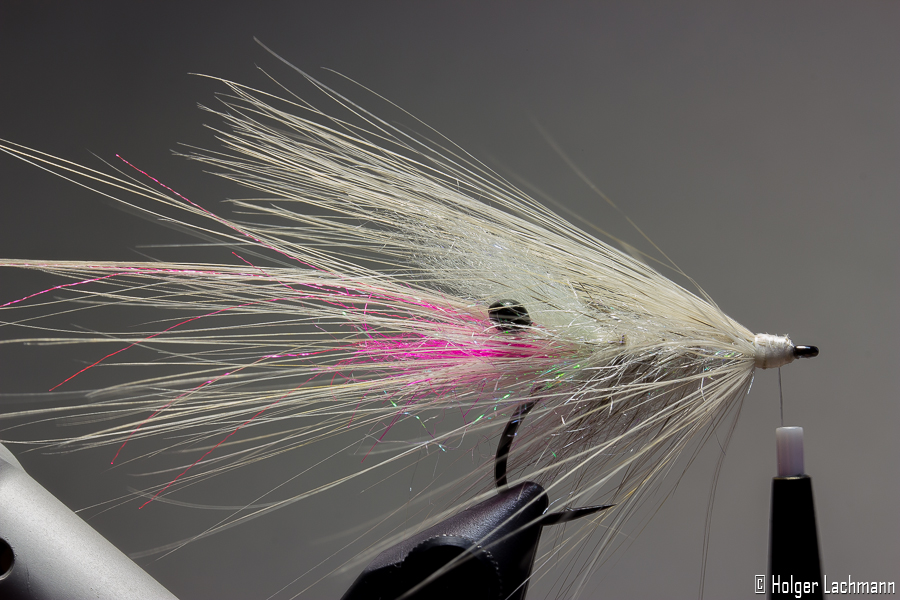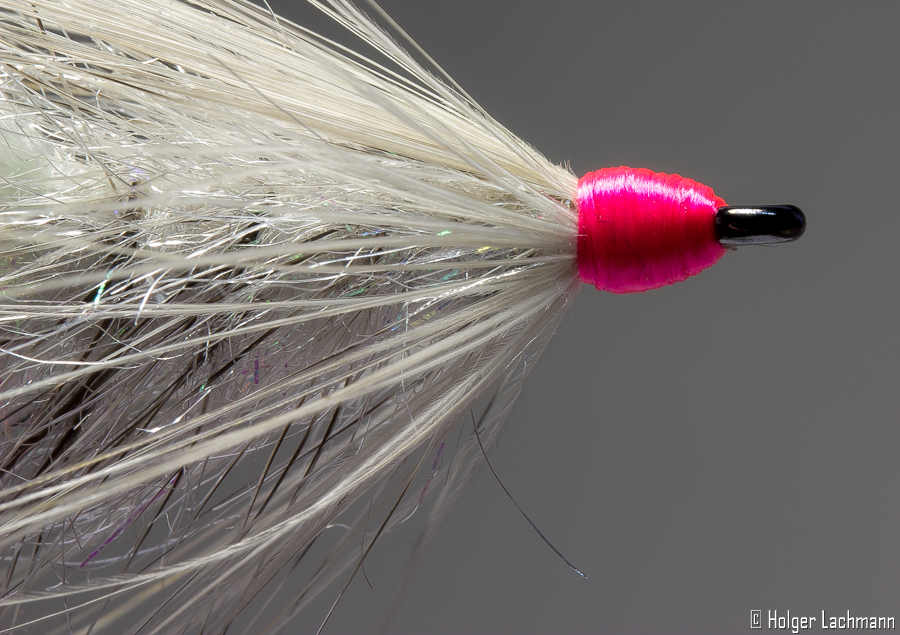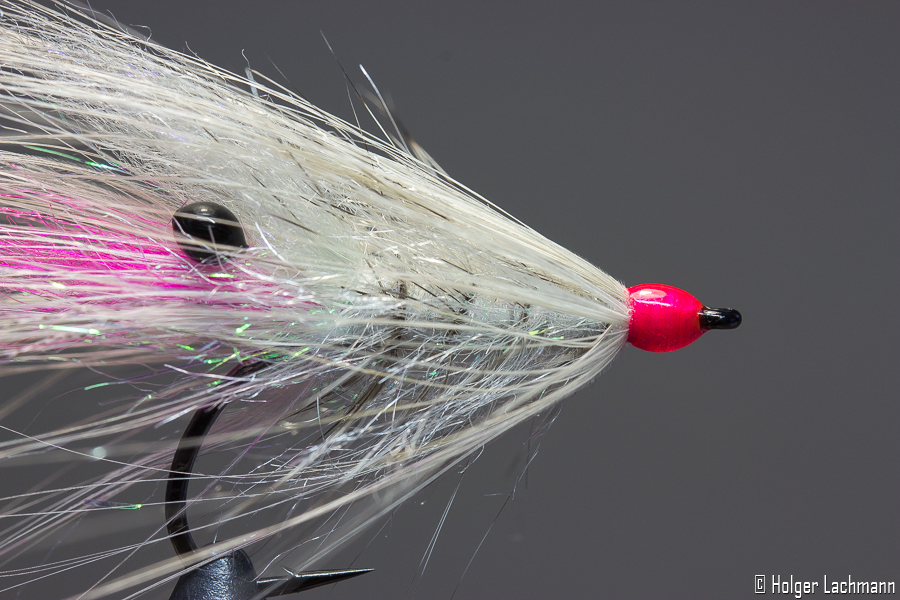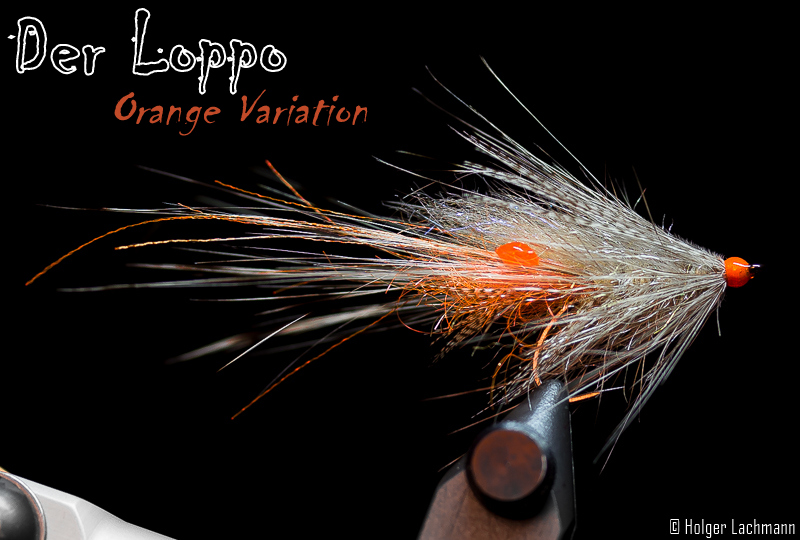Stuff tied in the last time…
Polar Magnus
A modern classic pattern for sea trouts.
For the step by step tutorial of Magnus flies just click here: Grey Magnus
Baltic Candy II
Baltic Candy
Can’t stop the Loppos
Strong wind, rain, low …
… temperature and it’s not allowed to fish for most species = perfect tying conditions. Right now on the menue : Loppos
Shrunken Heads
tying pike tubes…
Tube Fly Tying For Pike
Tying Loppos and Detlefs…
Some orange Loppos, Detlefs and Worms
„DETLEF“ Step By Step – aka TFFKAPF
The step by step tutorial about the PINK FLUFFY is destroyed. It don’t know why, but it was not shown right on the blog. So I did it again and I gave the fly a new name, because I didn’t like Pink Fluffy anymore.
So I called the fly „DETLEF“ – also known as the fly formerly known as PINK FLUFFY. Why? Don’t know , it just fits.
[vimeo]https://vimeo.com/150781439[/vimeo]
You can fish for sea trout even in the winter time. It’s a very hard kind of fishing with temperatures sometimes under 0°C, but there is a chance to catch an awesome „Silberbarren“. It’s common knowledge, that sea trouts like the color pink, especially in the cold season. It’s also common knowledge, that sometimes, the sea trouts like a very slow retrieve. For that situations, the DETLEF is a really good choise. The soft materials move very nice in the water, even if you strip the fly in very slowly. On the other hand, it’s not very complicated to tie and when you use other colors like beige, tan and brown, you got a very nice shrimp pattern for the rest of the year.
One very important point: Don’t use too much material! Less is more!
Materials used for this fly:
- Hook: Gamakatsu F314 # 6
- Weight: Lead Wire fine
- Dubbing: Ice Dub Pearl, SLF Saltwater Dubbing Pink and SLF Saltwater Dubbing White/ Pearl
- Front: Mallard, Pink Hackle Fibres
- Antennas: Fluoro Fibre Pink
- Eyes: Selfmade Shrimp Eyes
- Horn: Polar Dub White Transparent
- Loop-Hackle: White CDC and Pink Hackle
- Back: Mallard
- Thread: Veevus GSP 50D White
Do a little drop of superglue on the shank and wind on some fine lead wire.
Form a little dubbing ball with the ice dub at the end and tie in some fibres of Mallard.
Take a bit of pink SLF and tie it in.
Take some long soft fibres from a pink hackle and tie them in as shown. Add some strands of pink Fluoro Fibre antennas.
Dub a little ball with Ice Dub and tie in the shrimp eyes. The dubbing ball will seperate the eyes in a nice way.
Take some Polar Dub in white and tie it in as a horn.
Form a thread loop and then dub the body with the SLF.
Put a big white CDC feather on the Petitjean Magic Tool and push it in by using a pink hackle.
Grab the fibres with the clamp of the Magic Tool and and cut off the stems. Then put the fibres in the waxed thread loop and twist the loop.
Wind the hackle fibres-CDC-Mix around the body and catch it with your thread.
Some fibres from a Mallard feather will be used for the back of the fly. So, the fly swims in the right position and the black/white gives a great extra contrast. Do one or two whip finish and use some varnish to secure the knot. That’s it! Detlef is ready!
„Der Loppo“ Step By Step Tutorial
I was asked so often in the last time for a step by step tutorial for the Sea Trout fly „Der Loppo“, that I finally made one.
This fly isn’t something „brand new“, „the next revolution“, „the game changer“ or anything like this. It’s just a mix of some ingredients of good flies mixed together to a fly, which I personally like and in which I put my faith when fishing. I made flies for my fishing in the past, which looked quite similar, but this is the final outcome.
Its got a nice semi translucency, it’s not too bright and not too unimpressive. You can tie it in different colors. I also like tan/white and orange as a color combination very much.
This example fly is tied on a hook size 4, but you can also tie it in size 6 with shorter fibres, when you want to fish it slower and the Sea Trouts just nibble on the longer fibres.
I even got a variation with black hackles and hot orange trigger points for murky water… looks very cool, too!
Ok, let’s start the step by step with a list of the materials:
- Hook: Gamakatsu F314 #4
- Weight: Lead Wire or substitute
- Dubbing: Ice Dub Pearl, SLF Saltwater Dub White/Pearl
- Mouth Part: Mallard and SLF Dub Pink
- Hackles: Whiting Spey Hackle and a Grizzly Hackle stripped on one side
- Horn: Senyos Laser Dub Gray
- Antennas: Fluoro Fibre Pink
- Eyes: Mono Eyes selfmade
- Ribbing: Mono
- Thread: 50D GSP white and 70D Uni Fluo Pink
Put the hook into the vise and wind the lead wire arounf the shank. To secure the lead, you could use a little drop of super glue. Attach the thread and form with the Ice Dub a little tight dubbing ball at the end of the shank.
Tie in the Mallard and the pink SLF as „mouth parts“.
The first spey hackle should be tied in like shown. It’s easier to wind it around this way. Go back with your tying thread to the little bump and secure so the thin fragile stem of the spey hackle. For a little extra color, tie in some Fluoro Fibres in pink.
I like to tie in some extra long hackle fibres for the extra movement. If you think they are too long, just skip this tying step.
Split the thread and put some Ice Dub in the gap, then twist the bobbin and wind the dubbing around. After that, give the dubbing a brush with your velcro.
Now the eyes and the mono for ribbing should be tied in.
For the horn section, tie in the Laser dub and do a first turn with the white/pearl SLF Saltwater Dub.
Tie in the grizzly hackle which was stripped on one side and dub the body using the SLF Saltwater Dub. Wind the grizzly hackle to the eye and leave enough space for the final hackle. Secure the hackle by ribbing the body incl. the hackle with the mono and catch it with the tying thread. Don’t forget the ribbing! ;) At the end, give the body and the hackle a strong brush with your velcro. The mix of hackle and SLF looks really cool in the water.
Wind around the second spey hackle and again secure the stem with your thread. It doesn’t matter, when in looks a bit bulky.
Take some extra spey fibres and tie them on top as a back. Looks in the water like the shrimp shell and makes sure the fly will always swim straight.
Do a whip finish with the GSP thread and cut it of. Then do a nice head using the fluo pink thread as a trigger point. Varnish the head or use Bug Bond uv resin to get a nice, shiny head.
That’s it!
Der Loppo ist fertig! :) I wish you a lot of fun tying and fishing this fly!
